All members of Group of Eight Australia’s expert taskforce advising on Australia’s Roadmap to Recovery
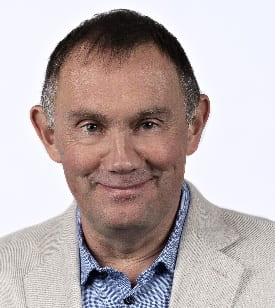 Professor Charles Abraham
Professor Charles AbrahamCharles is an applied social and health psychologist specialising in behaviour change and translational health research. His research focuses on the design and evaluation of behaviour-change interventions, including those using digital and group-based components. He has held scientific advisor positions with the UK Department of Health, the UK National Institute for Health and Care Excellence (NICE) and the UK House of Lords. He was one of 7 psychologists included in a list of the leading 100 practising scientists in the UK (produced by the UK Science Council in 2014). He has more than 220 peer-reviewed journal articles with 79.5% appearing in Q1 journals. He was listed as one of the Web of Science “Highly Cited Researchers” in 2018 1nd 2019.
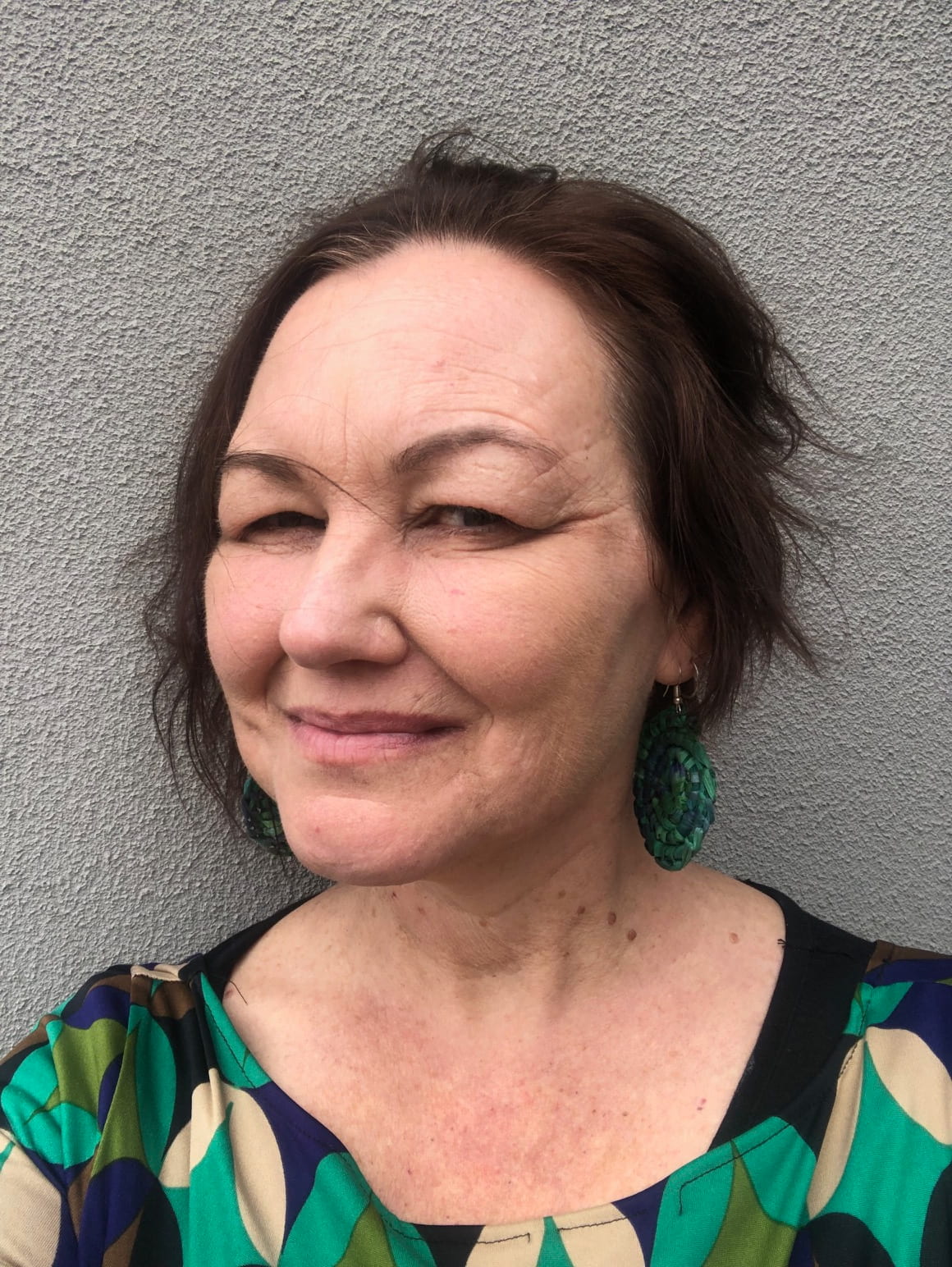 Professor Karen Adams
Professor Karen AdamsProfessor Karen Adams (BHSci, MAE, PhD) is Wiradjuri and the Director of the Gukwonderuk Unit in the Faculty of Medicine Nursing and Health Sciences. She has over 25 years experience in the Indigenous health sector as a healthcare provider, educator and researcher. Her research interests include analysis of equity in health professions education for Indigenous Australians in relation to government and institutional commitment and targets.
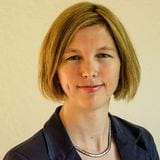 Associate Professor Eva Alisic
Associate Professor Eva AlisicEva Alisic is an Associate Professor, Child Trauma and Recovery, and Associate Director at the Child Health and Wellbeing Program (School of Population and Global Health) at The University of Melbourne. Her focus is on improving support for young people who have been exposed to traumatic events, such as family violence, car crashes, disaster, and war.
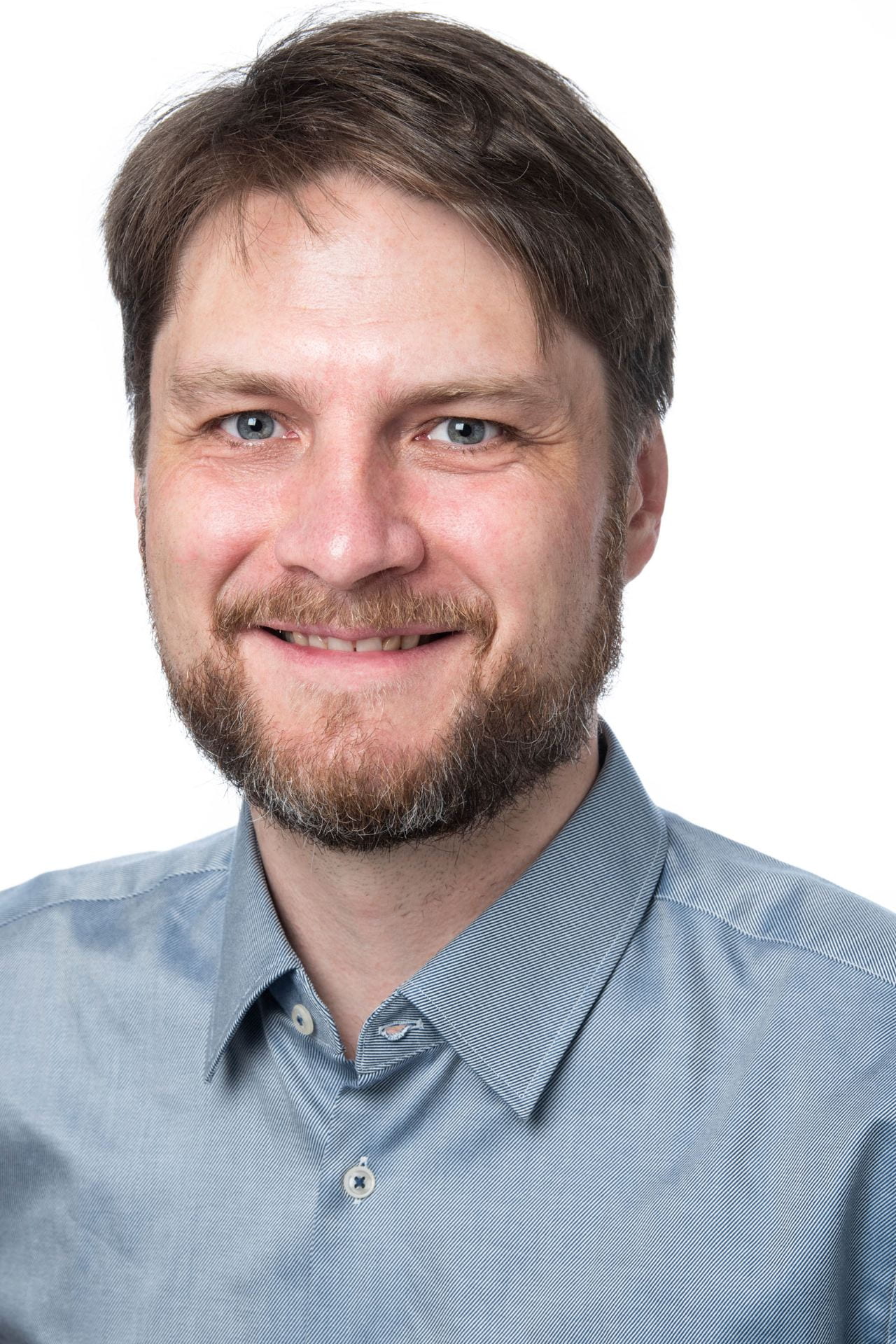 Dr Erik Baekkeskov
Dr Erik BaekkeskovErik Baekkeskov is Senior Lecturer in Public Policy at the School for Social and Political Sciences, The University of Melbourne. Since 2009 he has published on public policy-making related to infectious diseases in several leading public policy and public administration journals. His work has included comparative analyses of the 2009 H1N1 influenza pandemic, the 2014 Ebola epidemic, and the ongoing global antimicrobial resistance crisis. It has been supported by highly competitive multi-year grants, including two from the Independent Research Fund Denmark and one from the Australian Research Council. He also teaches crisis management to public policy and management masters’ students.
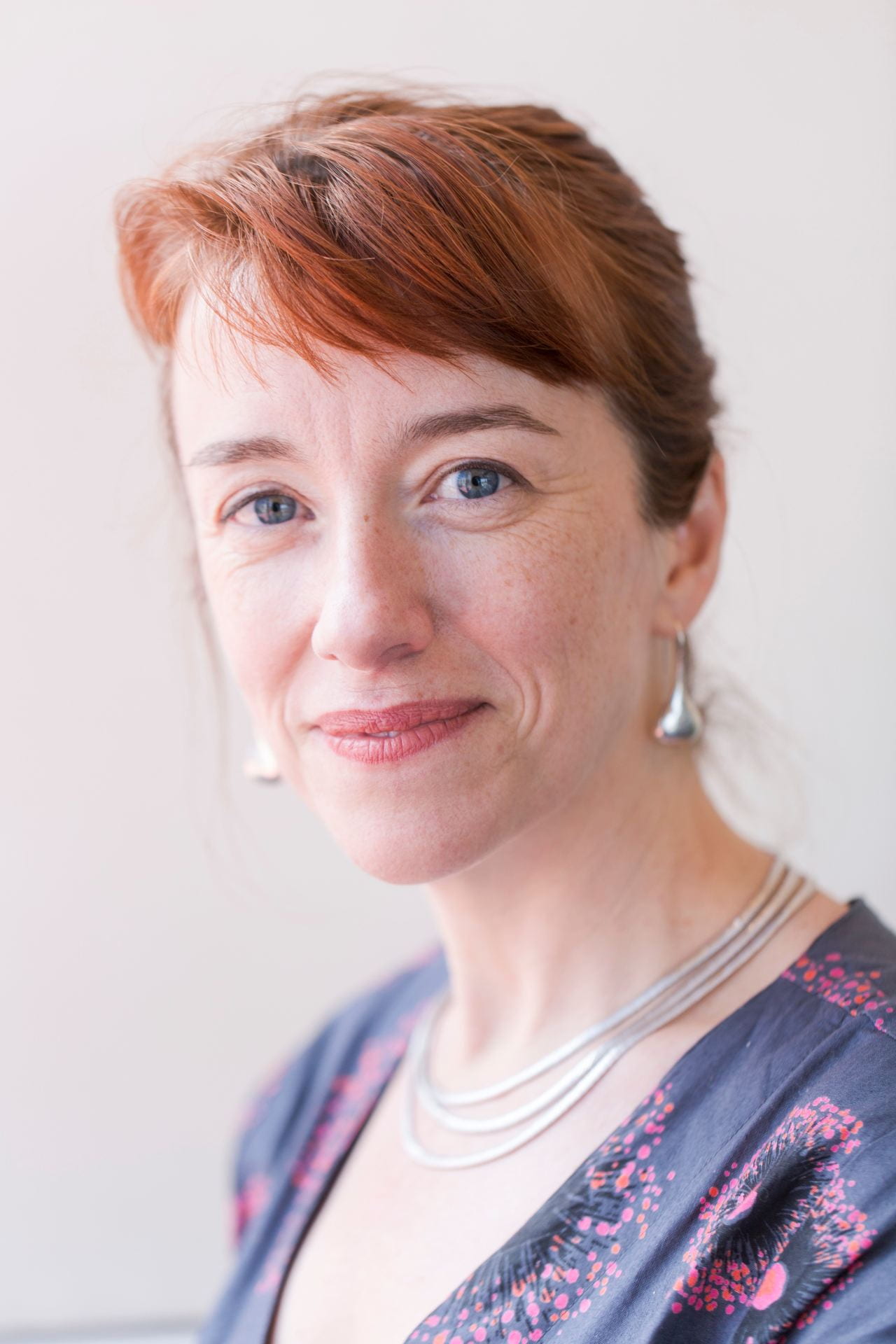 Professor Emily Banks
Professor Emily BanksProfessor Emily Banks is a public health physician and epidemiologist. The main emphasis of her work has been in using large-scale evidence to identify actions to improve health and health care, at an individual and population level. Her main areas of work are in chronic disease, large scale cohort studies, Aboriginal Health and healthy ageing. She is an NHMRC Principal Research Fellow and leads the Epidemiology for Policy and Practice Group at the National Centre for Epidemiology and Population Health, ANU, is a Fellow of the Australian Academy of Health and Medical Sciences and a Visiting Professor at the University of Oxford.
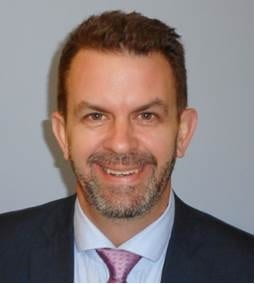 Associate Professor Anthony Bell
Associate Professor Anthony BellDr Anthony Bell is a healthcare executive and practising emergency physician, who as a Director of Clinical Services within the public hospital system in Perth, has been on the front line of COVID preparations from a hospital perspective. Previously he has held Emergency Department, private hospital, health department clinical leadership positions, been Board Chair of the Emergency Medicine Foundation and is a Fulbright scholar. He has actively contributed to the emergency medicine and healthcare policy peer reviewed literature, and has been instrumental in the development of clinical and research networks. Working at the interface between clinicians, the health department, universities and statutory health services he has lead research collaborations into healthcare funding and delivery.
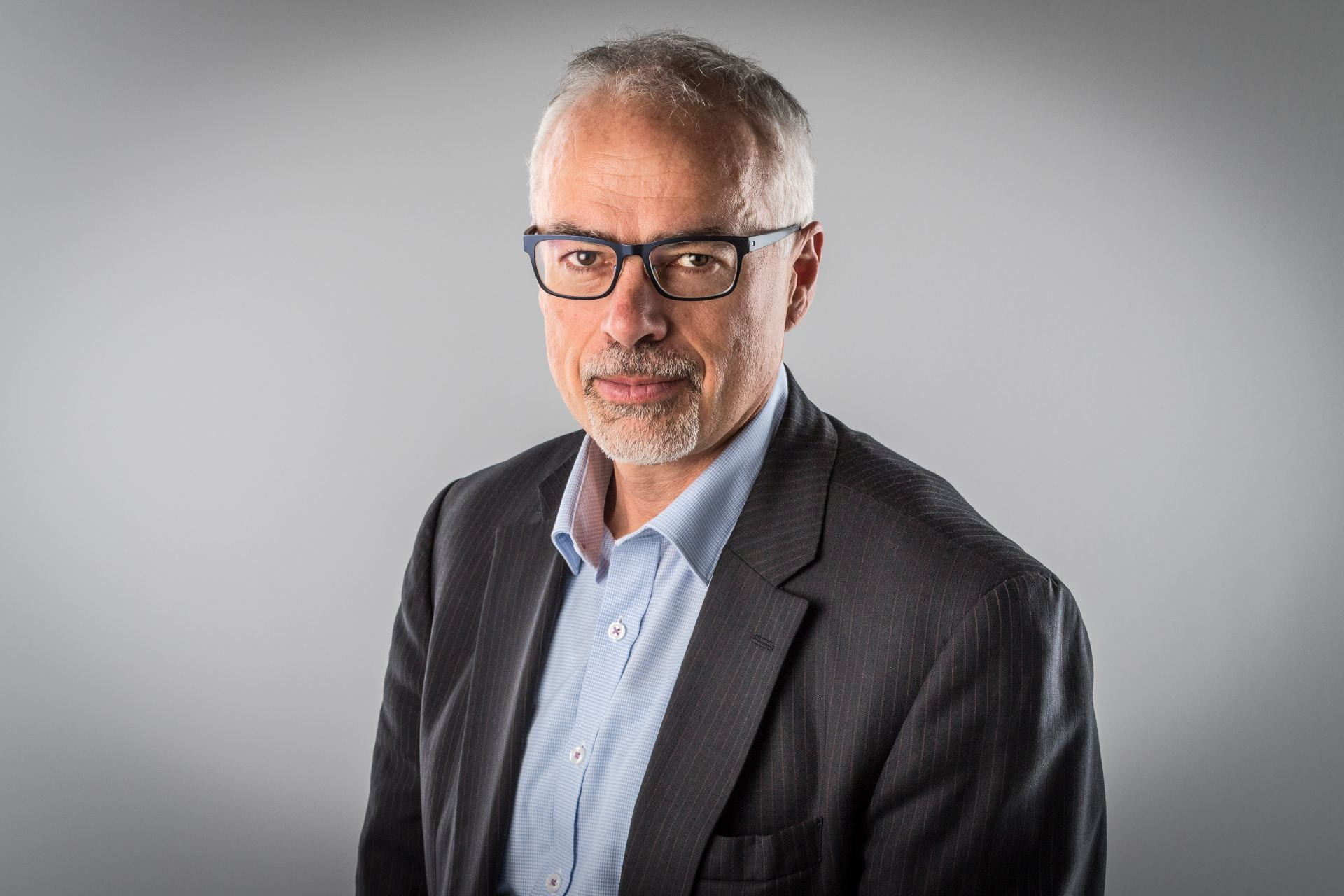 Professor Tony Blakely
Professor Tony BlakelyTony is an epidemiologist and public health medicine specialist. He is committed to answering questions about which public health interventions will achieve the greatest improvements in health and social outcomes, reduce inequalities in health, and do so cost-effectively.
Tony is Director of the Population Interventions (PI) Unit within the Centre for Epidemiology and Biostatistics at the Melbourne School of Population and Global Health. PI aims to: “”provide robust evidence on the health and cost impacts of population interventions, through causal inference and simulation approaches from epidemiology, economics and data science.””
From 1998 to 2010 Tony was based at the University of Otago, Wellington New Zealand.
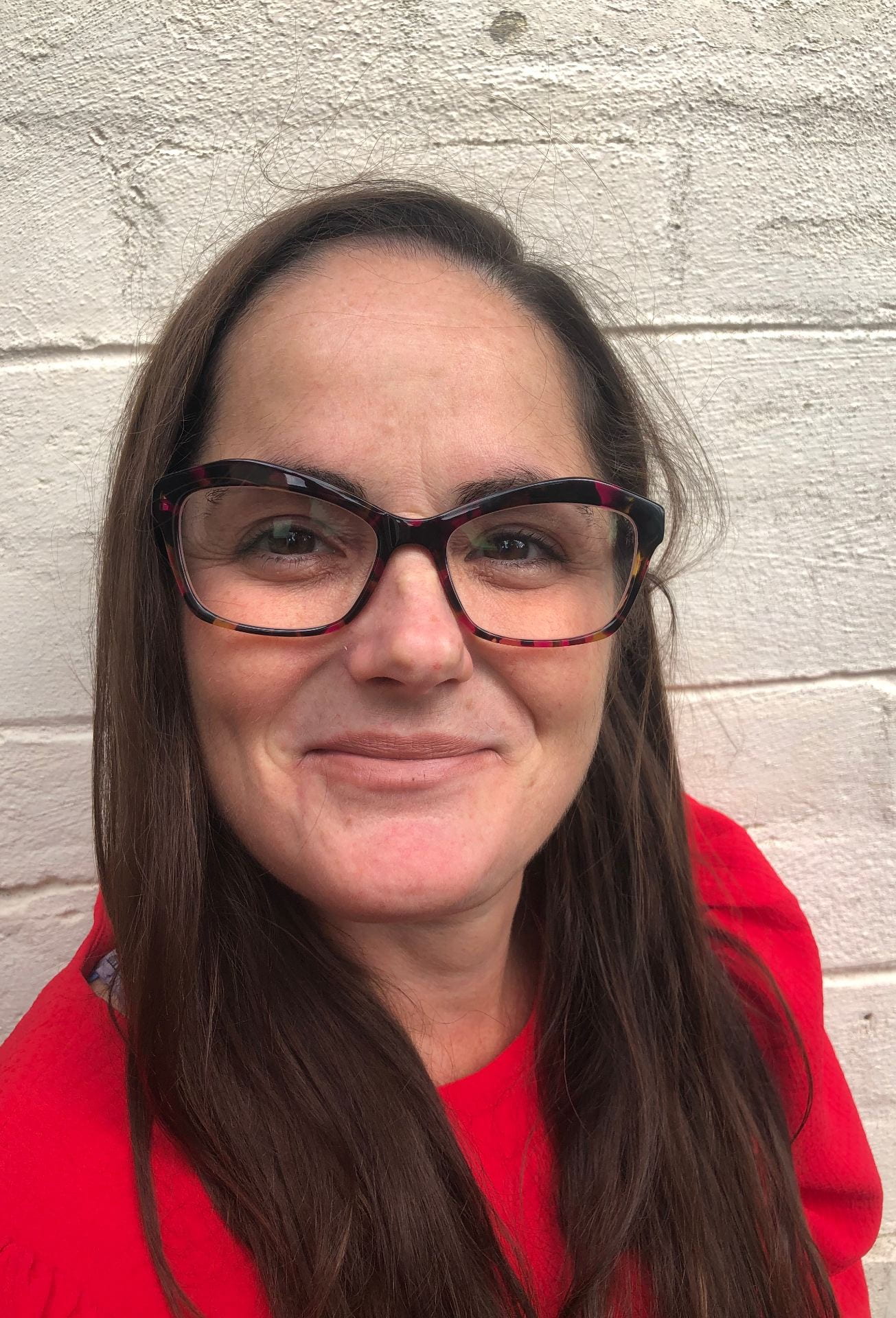 Ms Katrina Boterhoven de Haan
Ms Katrina Boterhoven de HaanKatrina Boterhoven de Haan is a Clinical Psychologist and a PhD candidate at the University of Western Australia in the School of Medicine. Her research interests include mental health, trauma and complex post-traumatic stress disorder, treatment, and clinical translation. Katrina’s has been involved in national and international research projects including Young Minds Matter: The Second National Survey of Child and Adolescent Mental Health and Wellbeing and has written policy for the Western Australian Department of Health. Katrina’s clinical work involves the treatment of mental health disorders, in particular complex trauma presentations, with children, young people, and adults.
 Professor Robert Breunig
Professor Robert BreunigRobert Breunig is Professor and Director of the Tax and Transfer Policy Institute in the Crawford School of Public Policy, Australian National University. Professor Breunig’s research is motivated by important social policy issues and debates and he has made significant policy impact through a number of his research projects: the relationship between child care and women’s labour supply; the effect of immigration to Australia on the labour market prospects of Australians; the effect of switching to cash from food stamps in the U.S. food stamp program and the inter-generational transmition of disadvantage.
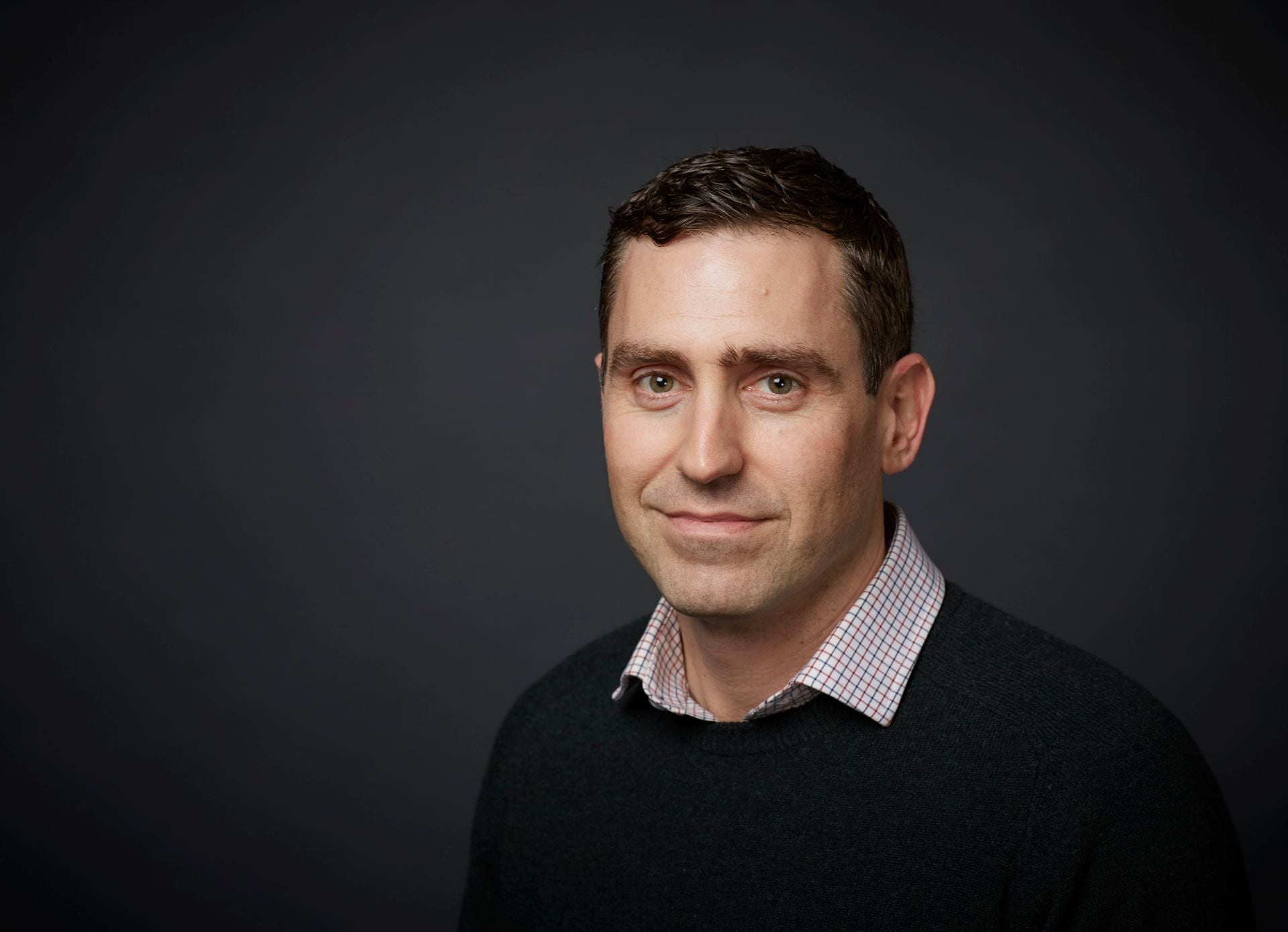 Professor Alex Broom
Professor Alex BroomAlex Broom is Professor of Sociology at The University of Sydney. He is recognised as an international leader in sociology, providing novel understandings of the social, cultural, political and economic underpinnings of the key 21st Century health challenges. His current focus is on emerging infectious disease challenges, including antimicrobial resistance, and he is particularly interested fostering ‘solutions’ that recognise the importance of vulnerability, social justice and solidarity. He leads a team of social science researchers at The University of Sydney, and he is an investigator on over AU$18 million in competitive research grants. He is Co-Director (and CIB) on the ARC Industrial Transformation Research Hub to Combat Antimicrobial Resistance (2020-25), and Leader of the AMR Social Science Program at the Marie Bashir Institute for Infectious Diseases and Biosecurity.
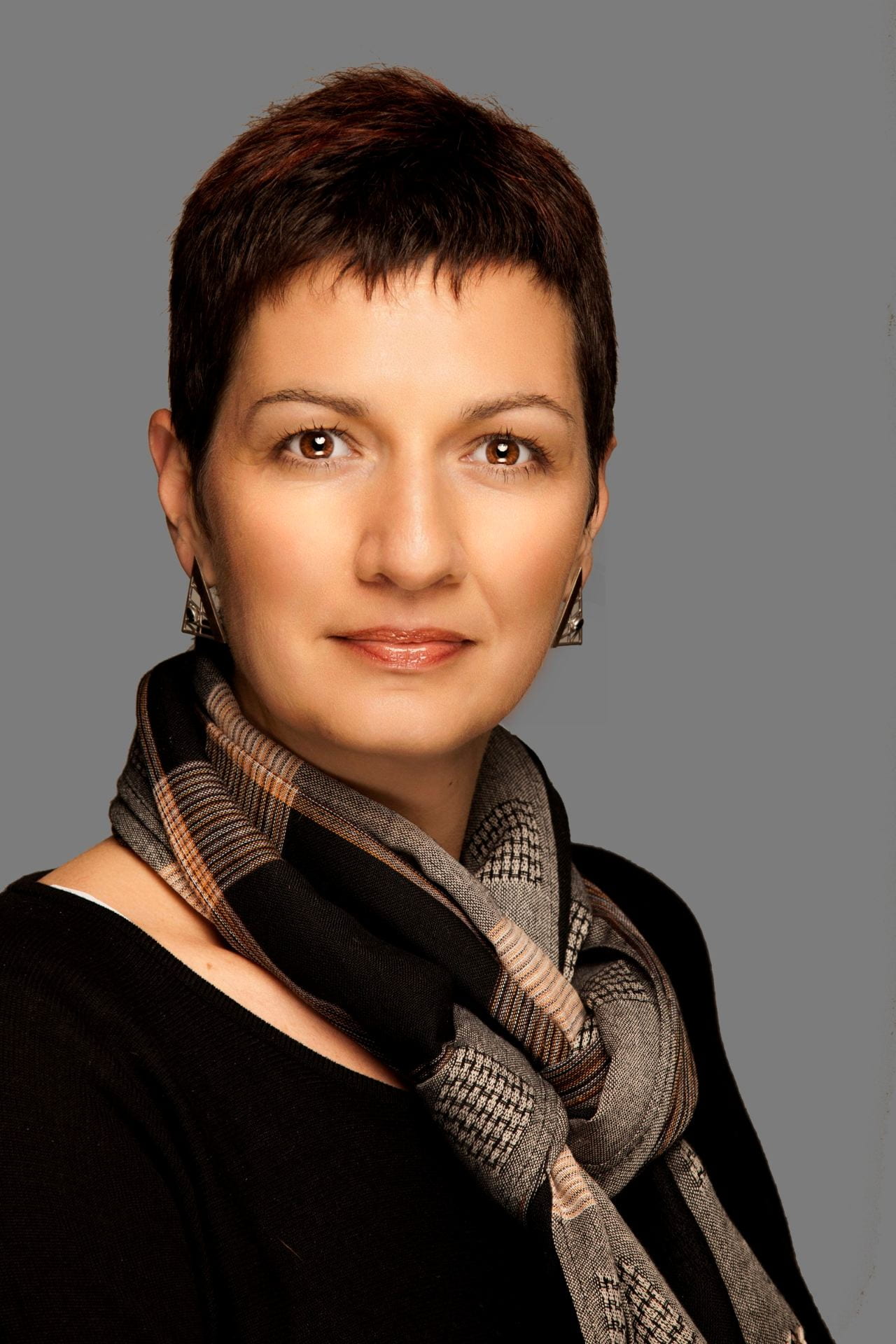 Professor Romola Bucks
Professor Romola BucksProfessor Bucks’ career spans 30 years in clinical psychology and academic practice, during which she has made a distinguished contribution to understanding of factors that contribute to healthy and abnormal ageing. She is internationally recognised for her work in healthy ageing and the diagnosis of cognitive decline/dementia, and for her expertise in the cognitive and mental health consequences of a number of key disorders of ageing, including obstructive sleep apnoea, type-2-diabetes, Alzheimer’s and Parkinson’s. She is Deputy Dean Faculty of Science UWA, on the Board of the Australian Psychology Accreditation Council and Fellow of the Association for Psychological Science.
 Professor Alex Collie
Professor Alex CollieProfessor Alex Collie is Director of the Insurance Work and Health Research Group in the School of Public Health and Preventive Medicine at Monash University, and an Australian Research Council Future Fellow. Alex is an applied public health and social policy researcher. His main interests are in occupational health and the health of people involved in social welfare and injury compensation benefit schemes.
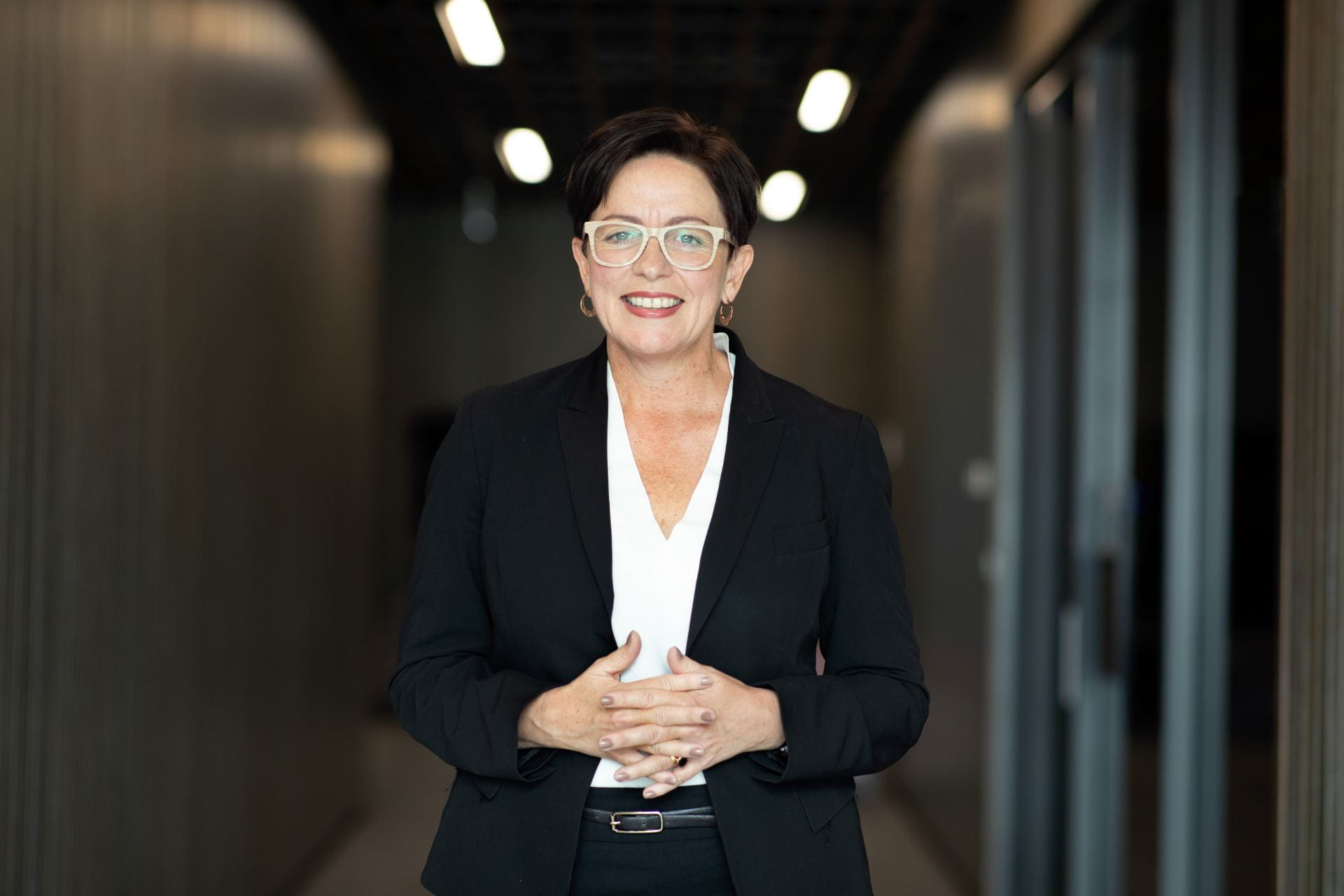 Professor Rae Cooper
Professor Rae CooperProfessor Rae Cooper, AO is Professor of Gender, Work and Employment Relations and co-Director of the Women Work and Leadership Research Group at the University of Sydney. She undertakes research at the intersection of ‘good jobs and sustainable careers’ and ‘gender equality at work’. Her two large research projects in 2020 relate to (firstly) gender and the future of work and (secondly) women’s careers in hyper-masculine contexts. She has previously undertaken substantial research on minimum standards, collective bargaining and trade unionism, areas where the maintains a research interest. Rae has substantial experience as a non-executive director and advisor to government and policy makers.
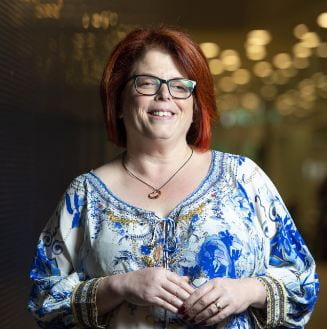 Professor Kim Cornish
Professor Kim CornishProfessor Kim Cornish, is Director of the Turner Institute for Brain and Mental Health, is a leading neuroscience researcher at Monash University and a Sir John Monash Distinguished Professor. Her research has identified key attentional signatures in childhood developmental disorders e.g. autism that have now been translated using pioneering digital technologies into attention interventionds. The Turner is a leading interdisciplinary research and education centre working collaboratively with research groups, industry and philanthropists to advance the knowledge, policy and practice of brain and mental health and all its manifestations in our communities. The Turners core themes are developing well, living well and ageing well.
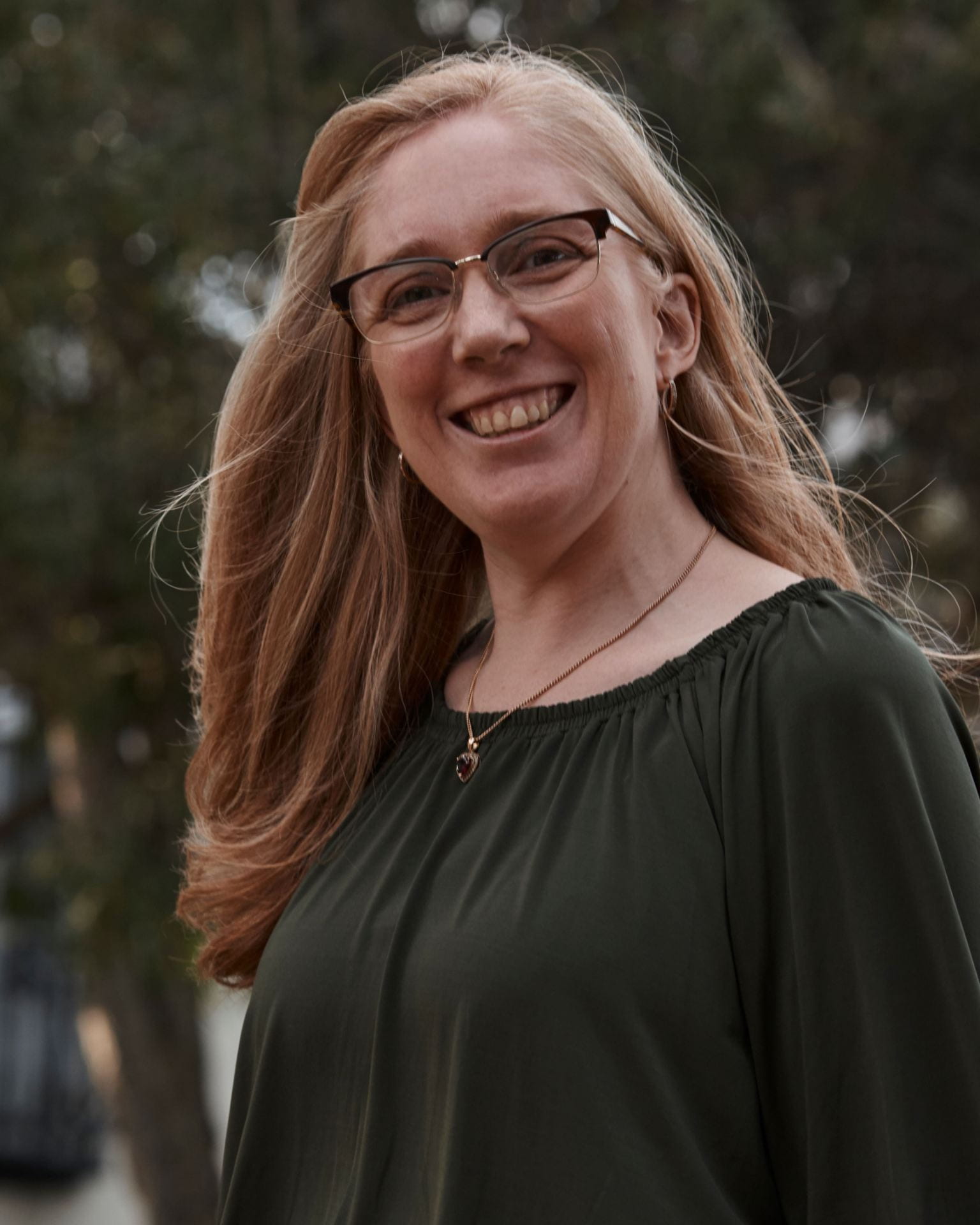 Dr Kyllie Cripps
Dr Kyllie CrippsDr Kyllie Cripps is a Palawa woman, Scientia Fellow and Senior Lecturer in the Law Faculty at the University of New South Wales. She has worked extensively with Indigenous communities over the last 20 years in the areas of family violence, sexual assault and child abuse. She has led several major grants (ARC and AHURI) in these areas and has contributed to the evidence base through empirical studies that have defined violence on Indigenous terms, identified the factors contributing to violence, as well as examined Indigenous peoples’ access and availability to services in the aftermath of violence. Her work has also been responsive to the identification of critical gaps in current responses, including providing solutions to support policy and practice change.
Kyllie places a high priority on knowledge exchange ensuring that her research is communicated to State and Federal governments; but more critically that the research is available and accessible to the Indigenous community, to that end she routinely provides advice, support and training to Indigenous communities and professional groups in her areas of expertise.
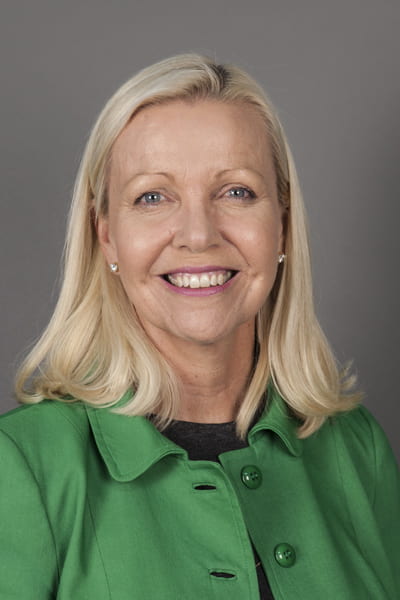 Professor Donna Cross
Professor Donna CrossDonna Cross is a Professor with the Faculty of Medicine, Dentistry and Health Sciences at the University of Western Australia, and Program Head of the Education and Development Team and Director of the Early Childhood Development and Learning Collaboration at the Telethon Kids Institute. Since 1999 Donna has been awarded over $84m in research funding to conduct research to improve child and adolescent, and their parents’ and teachers’ health and wellbeing. She has led 80+ applied school and community-based research projects investigating ways to enhance pre-school children and school-age students’ wellbeing and social and emotional development and reduce anti-social behaviour.
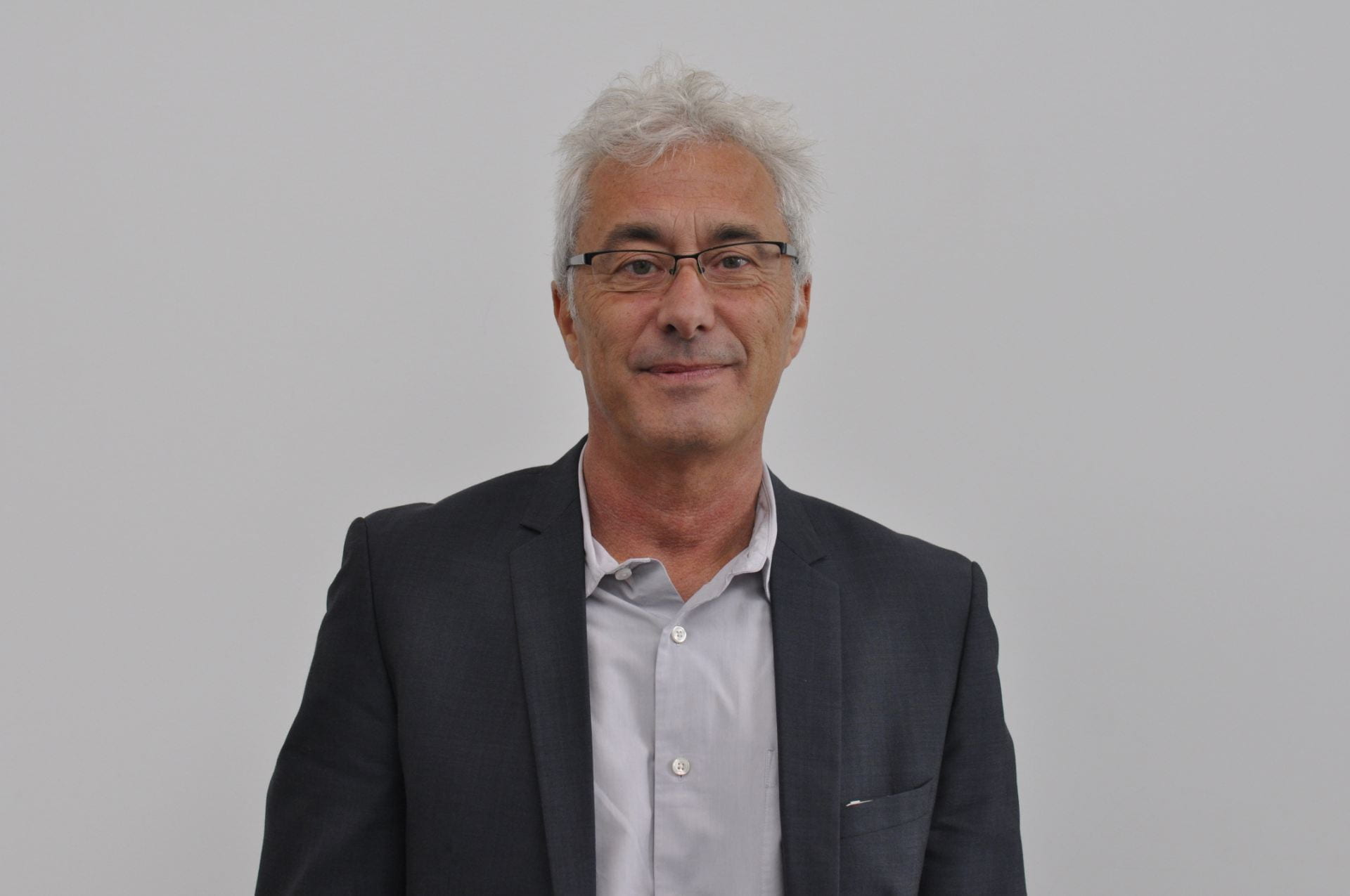 Professor Mark Dadds
Professor Mark DaddsMark Dadds is a Principal Research Fellow of the National Health and Medical Research Council of Australia, and Professor of Psychology at the University of Sydney Australia. He is Director of the Child Behaviour Research Clinic which develops state-of-the-art treatments for children and adolescents with behavioural and emotional problems. He has developed and directed several national intervention programs for children, youth, and their families, at risk for mental health problems. His expertise and interests focus on child and family mental health, parenting and family processes, prevention and early intervention for antisocial behaviour and mental health disorders. He has been National President of the Australian Association for Cognitive and Behavioural Therapy, Director of Research for the Abused Child Trust of Queensland, Professor of Parenting Research at the Institute of Psychiatry, Kings College London and a recipient of several awards including an Early Career Award from the Division of Scientific Affairs of the Australian Psychological Society, the Ian Matthew Campbell Award for Excellence in Clinical Psychology, and Distinguished Career Award of the Australian Association of Cognitive and Behavioural Therapy. He has authored 4 books and over 280 papers on child and family psychology, and has given invited keynote addresses and skills training workshops to international audiences throughout the world. He also practices as a clinical child psychologist and his treatment methods were the subject of the 2014 ABC TV documentary Kids on Speed? for which he was awarded the Inaugural APS Award for Media Engagement with Science.
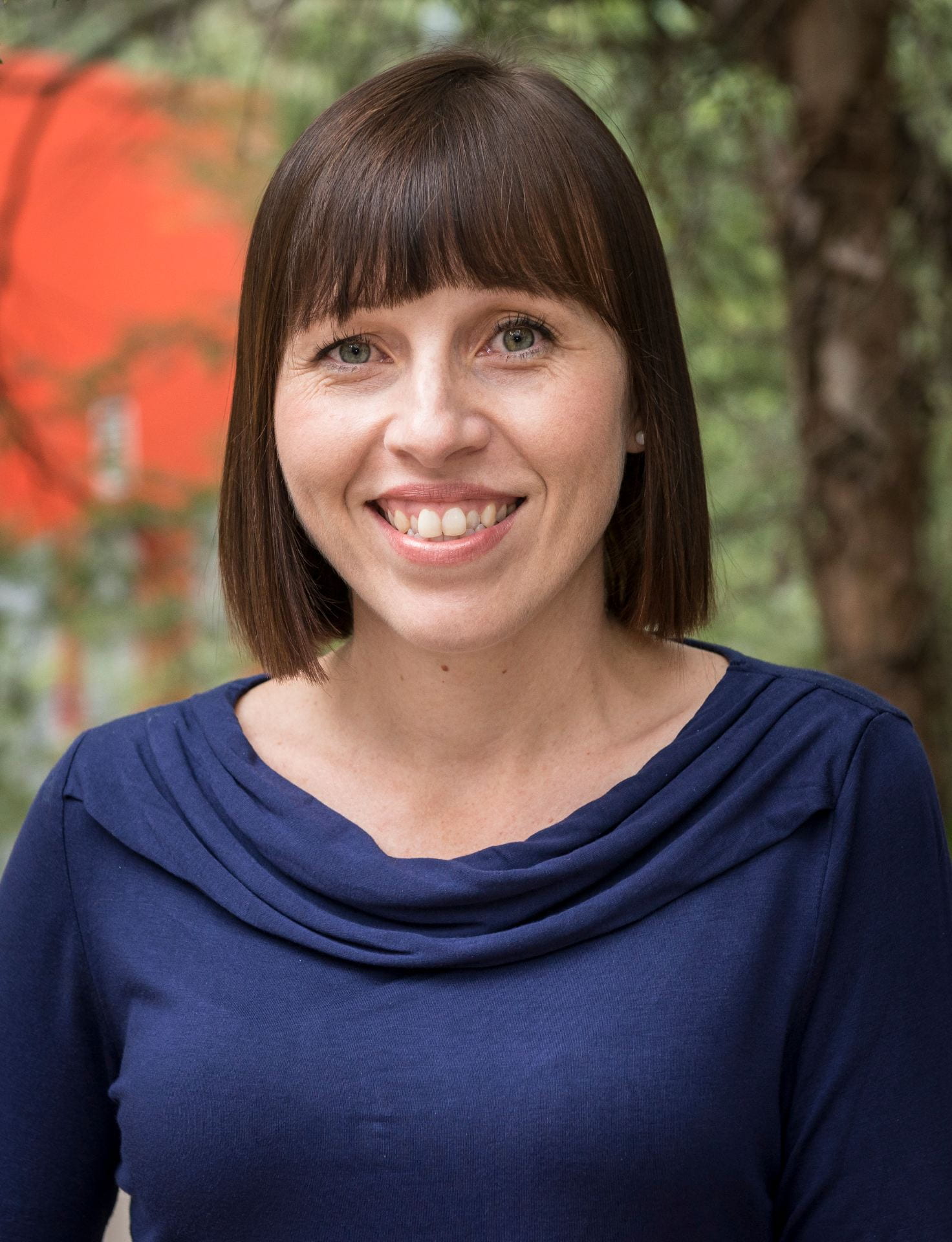 Professor Sara Davies
Professor Sara DaviesSara E. Davies, PhD, is a Professor of International Relations (IR), Griffith University, Australia and an Adjunct Fellow at the Gender Peace and Security Initiative, School of Social Sciences, Monash University. Sara has been an Australian Research Council Discovery Australian Postgraduate Award Scholar (2008-2012) and an Australian Research Council Future Fellow (2014-2018). Sara’s research is in global health governance and human security. She has recently published ‘Containing Contagion: Politics of Disease Outbreaks in Southeast Asia’ (Johns Hopkins University Press, 2019). Sara is co-editor of the Australian Journal and International Affairs.
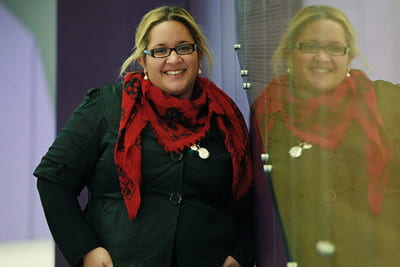 Professor Megan Davis
Professor Megan DavisProfessor Megan Davis is Pro Vice-Chancellor Indigenous UNSW and a Professor of Law, UNSW Law. Prof Davis is a Commissioner of the NSW Land and Environment Court. Professor Davis is a UN expert who sits on the UN Human Rights Council’s Expert Mechanism on the rights of Indigenous peoples based in UN Geneva and is formerly Chair and expert member of the United Nations Permanent Forum on Indigenous Issues (2011-2016).
Professor Davis is a constitutional lawyer who researches in public law and public international law. Her current research focuses on constitutional design, democratic theory and Indigenous peoples. Her current ARC grant is on “Public Law After Indigenous Constitutional Recognition”. Professor Davis has been the leading constitutional lawyer working on Indigenous constitutional reform since 2011. In 2015 she was appointed by the Prime Minister to the Referendum Council and designed the deliberative constitutional dialogue process the Council undertook. Davis is an author of the 2017 law reform framework, “the Uluru Statement From the Heart”. In 2011, Megan was also appointed to the Prime Minister’s Expert Panel on the Recognition of Aboriginal and Torres Strait Islander Peoples in the Constitution in 2011.
Professor Davis was a co-Commissioner on the Qld Commission of Inquiry into Youth Detention in 2016 and Chair of a two year NSW Inquiry into Aboriginal Out of Home Care (2017-2019). Professor Davis is a Fellow of the Australian Academy of Law and a Fellow of the Australian Academy of Social Sciences.
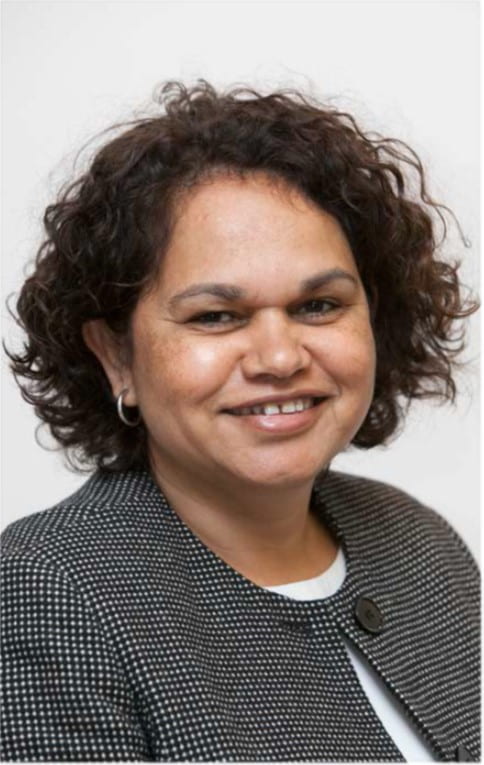 Professor Sandra Eades
Professor Sandra EadesProfessor Sandra Eades is the incoming Dean of Medicine at Curtin University and a leading Indigenous health researcher. Professor Eades research has focused on pediatric and perinatal epidemiology and the health of Aboriginal adolescents and young adults. She also leads research in primary care settings focused on testing health care interventions to improve Indigenous health. Professor Eades is a Fellow of the Academy of Health and Medical Sciences and currently serves as a member of NHMRC Council.
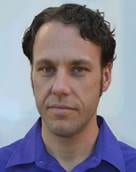 Associate Professor Ullrich Ecker
Associate Professor Ullrich EckerUllrich Ecker is a cognitive psychologist and Associate Professor at UWA’s School of Psychological Science. His research focuses on the impact of misinformation on memory, reasoning, and behaviour, as well as inoculation and debunking techniques. In a recent analysis, he was ranked the most-prolific misinformation researcher globally (Ha et al., 2019). Ullrich is an Associate Editor at Experimental Psychology, and has provided expert advice to German and Australian courts of law, the Singaporean government, and Facebook. He was recently awarded an ARC Future Fellowship on a project titled “Combating misinformation—Designing a toolkit to address a global problem.”
 Ms Nicole Ee
Ms Nicole EeNicole Ee is a PhD candidate at the University of New South Wales and Neuroscience Research Australia. She graduated from the Australian National University with a Bachelor in Laws and Bachelor of Psychology (Hons 1). In 2019 she was awarded a Westpac Future Leaders Scholarship to undertake interdisciplinary research investigating the relationships between social engagement, wellbeing and cognitive health older adulthood. More broadly, her research seeks to understand to the barriers and enablers to healthy ageing and social participation in the context of life course factors, societal expectations, infrastructure and public policy. She draws upon her experience in high-level evidence synthesis for global health policy development and is involved in community-based and national research projects focussed on understanding, and optimising the experience of older adults in society.
 Professor Jane Fisher
Professor Jane FisherJane Fisher AO, an academic Clinical and Health Psychologist, is Finkel Professor of Global Public Health and Professor of Women’s Health in the School of Public Health and Preventive Medicine at Monash University. She has expertise in establishing the nature, prevalence and social determinants of mental health problems and of how these can be addressed in psychologically-informed health promotion and early intervention strategies and in clinical practices in diverse settings. Jane Fisher was appointed an Officer in the Order of Australia in the January 2019 Australia Day Honours for her contributions to perinatal mental health, women and the community.
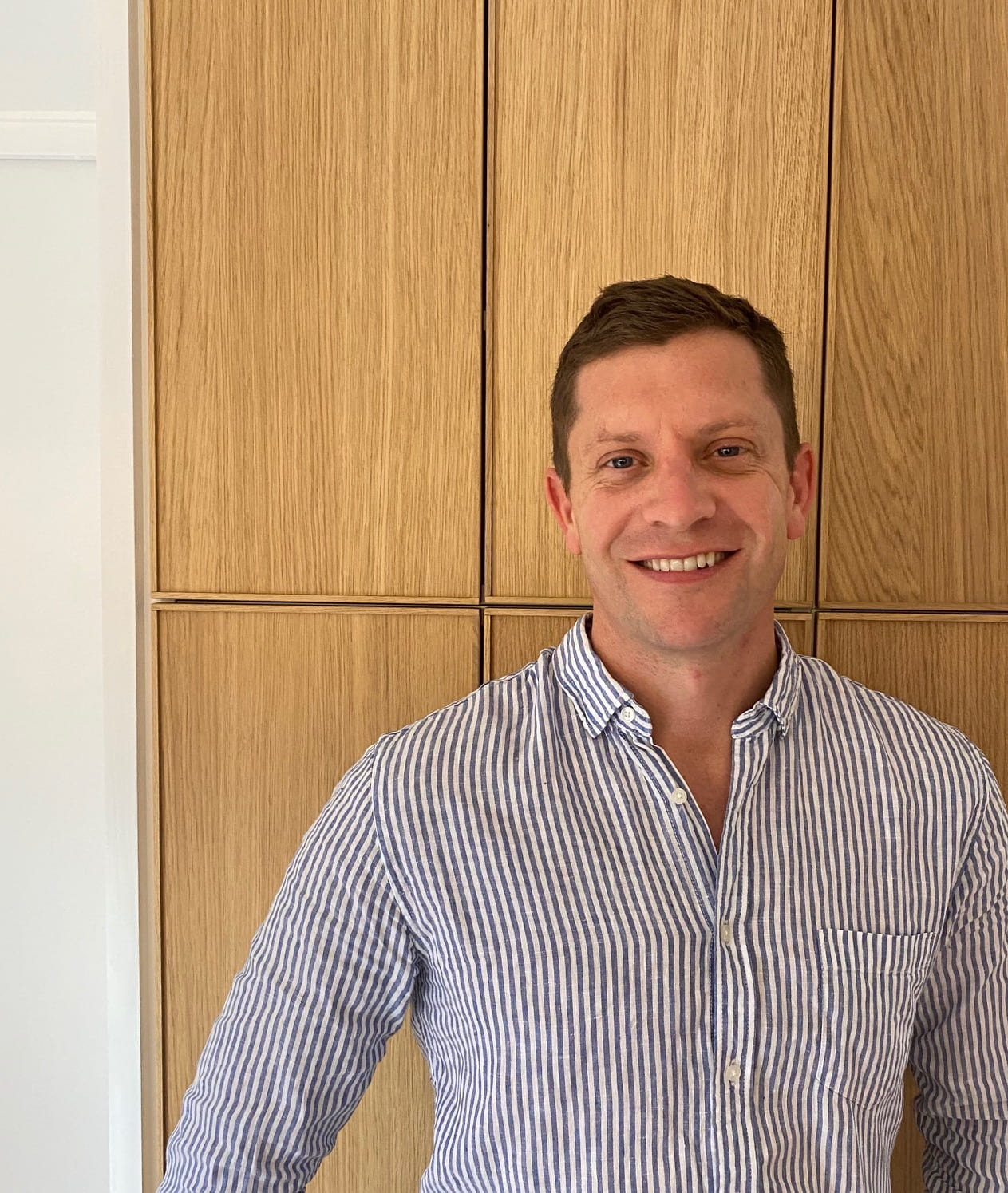 Dr John Gardner
Dr John GardnerJohn Gardner is Senior Research Fellow and ARC Discovery Early Career Research Fellow in the School of Social Sciences at Monash University. He is a sociologist and STS (science & technology studies) scholar, and his research explores the social and ethical dimensions of healthcare, particular in the context of medical innovation. His current ARC DECRA project is titled ‘Australian Public Hospitals of the Future’: It explores the ways in which Australian public hospitals are evolving in response to current and anticipated societal challenges and technological developments. His previous work has explored a number of critical issues in healthcare, including distributive justice in healthcare, cultural and institutional barriers to innovation, the challenges of implementing patient-centred care, and patient experiences of new medical therapies.
 Professor Ross Garnaut
Professor Ross GarnautProfessor Garnaut is a Professor of Economics at The University of Melbourne. He was previously distinguished Professor of Economics at the Australian National University, the Director of the ANU Asia Pacific School of Economics and Management and was the longstanding Head of the Department of Economics. He is the author of numerous publications in scholarly journals on international economics, public finance and economic development, particularly in relation to East Asia and the Southwest Pacific. Recent books include The Great Crash of 2008 (with David Llewellyn-Smith, 2009); Dog Days: Australia After the Boom (2013); Forty Years of Reform and Development in China (2018) and Superpower: Australia’s low carbon opportunity (2019). He is Distinguished Fellow of the Australian Economic Society, Distinguished Fellow of the Australian Agricultural and Resources Economic Society, Fellow of the Australia Academy of Social Sciences and Honorary Professor of the Chinese Academy of Social Sciences.
 Professor Marie Gerdtz
Professor Marie GerdtzMarie Gerdtz is Professor and Head of Department of Nursing at The University of Melbourne. Her clinical expertise is in the specialty of emergency nursing where she worked as a Registered Nurse and clinical educator for 15 years. In her academic role she has experience working closely with health services in the development and implementation of curricula in specialty and advanced nursing practice to meet evolving workforce and population needs. Her research work focuses on emergency access, resource allocation, and clinical risk management. Implementation of this work is enhanced by the strong collaborative partnerships she has established within the health care industry and with government.
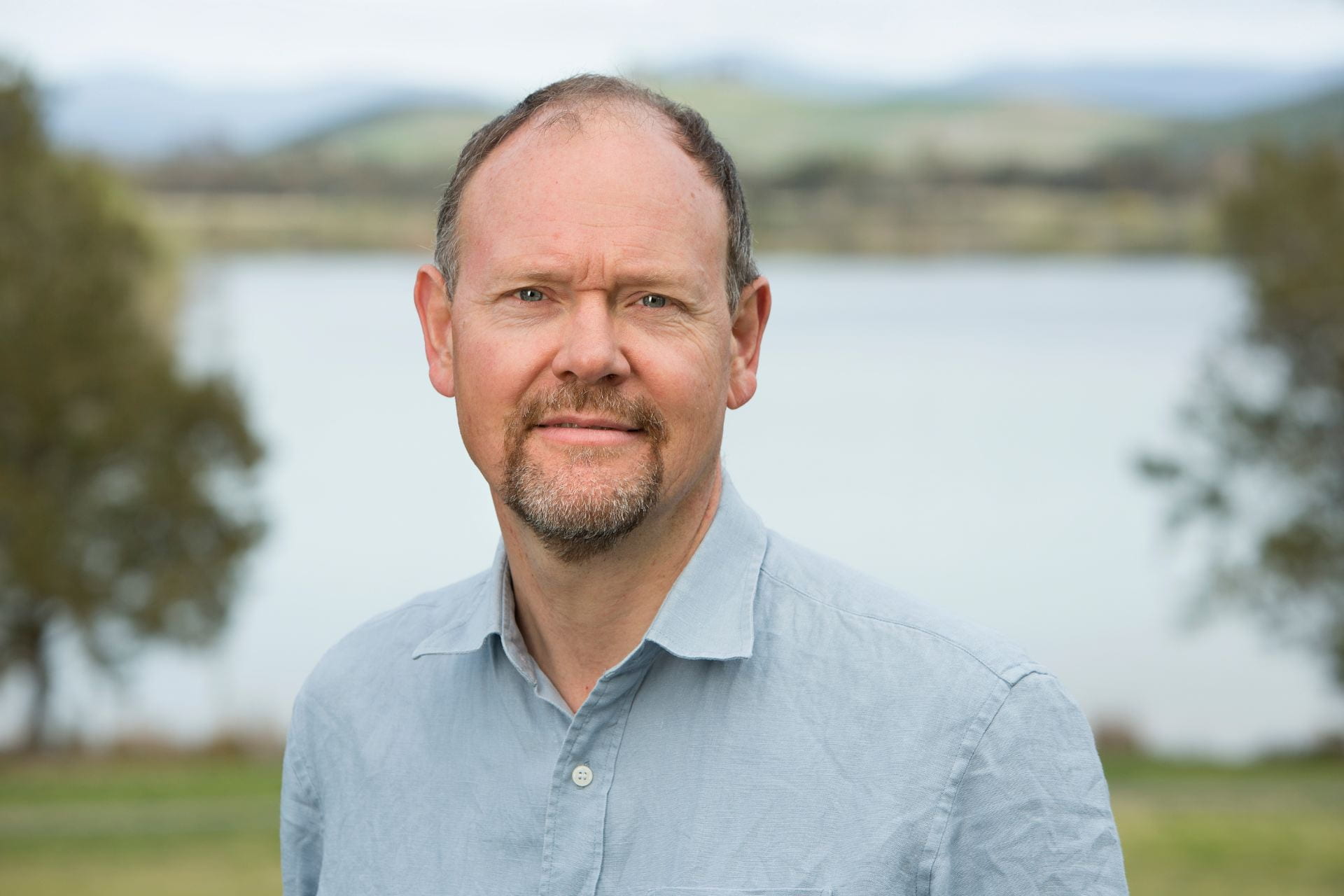 Professor Quentin Grafton
Professor Quentin GraftonQuentin Grafton is Professor of Economics and Chairholder UNESCO Chair in Water Economics and Transboundary Water Governance. He is an Australian Laureate Fellow, a Fellow of the Academy of Social Sciences in Australia, a former President (2017-18) and also a Distinguished Fellow of the Australasian Agricultural and Resource Economics Society (AARES). His work focuses on applied environmental/resource economics and also public policy problems.
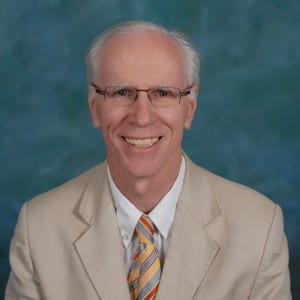 Professor Len Gray
Professor Len GrayLen Gray is the Director of the Centre for Health Services Research and Professor in Geriatric Medicine at the University of Queensland. He is an experienced health administrator, clinician and academic physician. He research expertise relates to systems of care (particularly aged care), clinical informatics (assessment and quality measurement) and telehealth. He recently concluded the NHMRC CRE in Telehealth. His current clinical practice includes consultation into small rural hospitals and residential aged care facilities.
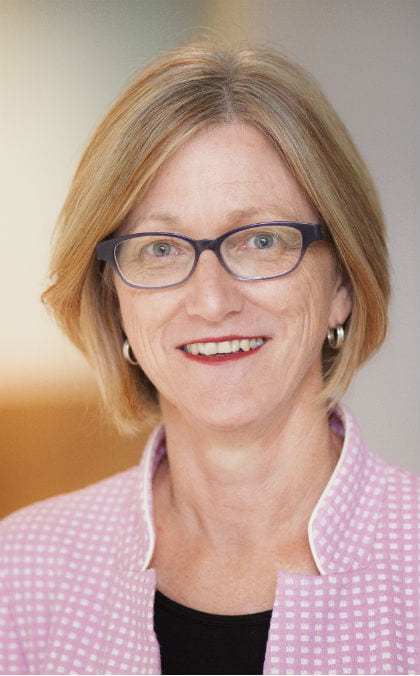 Professor Jane Gunn
Professor Jane GunnProfessor Jane Gunn is an academic general practitioner and inaugural Chair of Primary Care Research at The University of Melbourne where she is also Deputy Dean of the Faculty of Medicine, Dentistry and Health Sciences. Her leadership has raised the profile and rigour of primary care research in Australia and has been recognised via her election to the Australian Academy of Health and Medical Sciences. She has served two terms on the NHMRC Research Committee and established a successful mental health research program which has developed new models of care and influenced policy and practice. Her current work focusses on developing clinical prediction tools and utilising digital technologies to improve mental health care.
 Professor Ian Hickie
Professor Ian HickieProfessor Ian Hickie is Co-Director, Health and Policy at The University of Sydney’s Brain and Mind Centre. He is an NHMRC Senior Principal Research Fellow (2013-2017 and 2018-22), having previously been one of the inaugural NHMRC Australian Fellows (2008-12). He was an inaugural Commissioner on Australia’s National Mental Health Commission (2012-18) overseeing enhanced accountability for mental health reform and suicide prevention. He is an internationally renowned researcher in clinical psychiatry, with particular reference to medical aspects of common mood disorders, depression and bipolar disorder. He is now focused on the development of real-time personalized and measurement-based care systems for use in partnership with young people and their families. These systems promote early intervention, use of new and emerging technologies and suicide prevention. In his role with the National Mental Health Commission, and his independent research, health system and advocacy roles, Professor Hickie has been at the forefront of the move to have mental health and suicide prevention integrated with other aspects of health care (notably chronic disease and ambulatory care management).
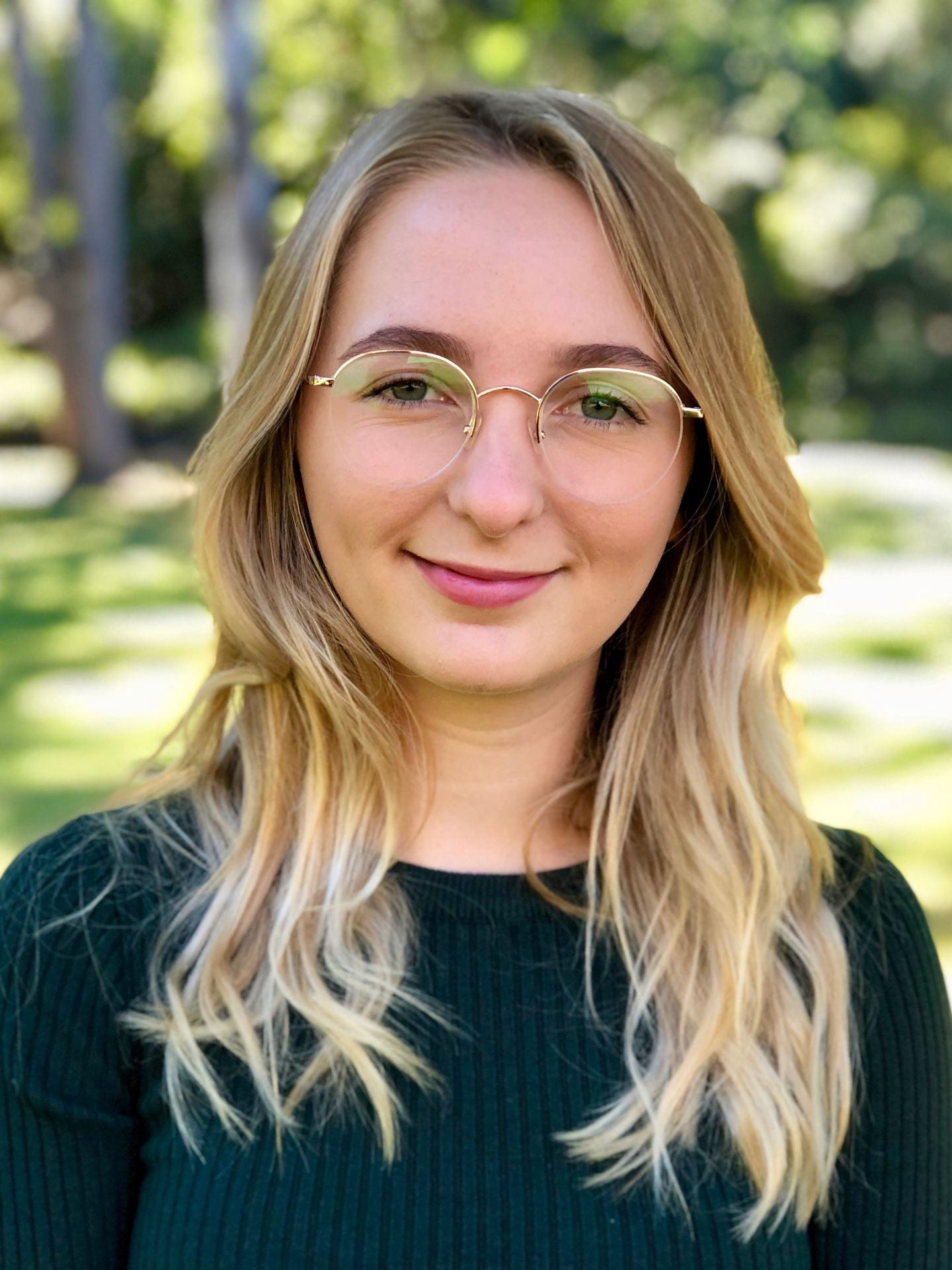 Ms Anna Hickling
Ms Anna HicklingAnna Hickling is a provisional psychologist and PhD candidate in the concurrent Master of Clinical Psychology and Doctor of Philosophy program at The University of Queensland. She graduated with a Bachelor of Psychological Science (Hons I) in 2015, focusing on patient monitoring systems. Anna’s PhD research investigates health behaviours and mental health outcomes in young adults with chronic health conditions such as diabetes. She is a clinician-researcher and draws upon her experience working in community and forensic mental health settings. Anna also gained interdisciplinary research skills as a participant in the 18-month UQ Global Change Scholars Program (2018–2019).
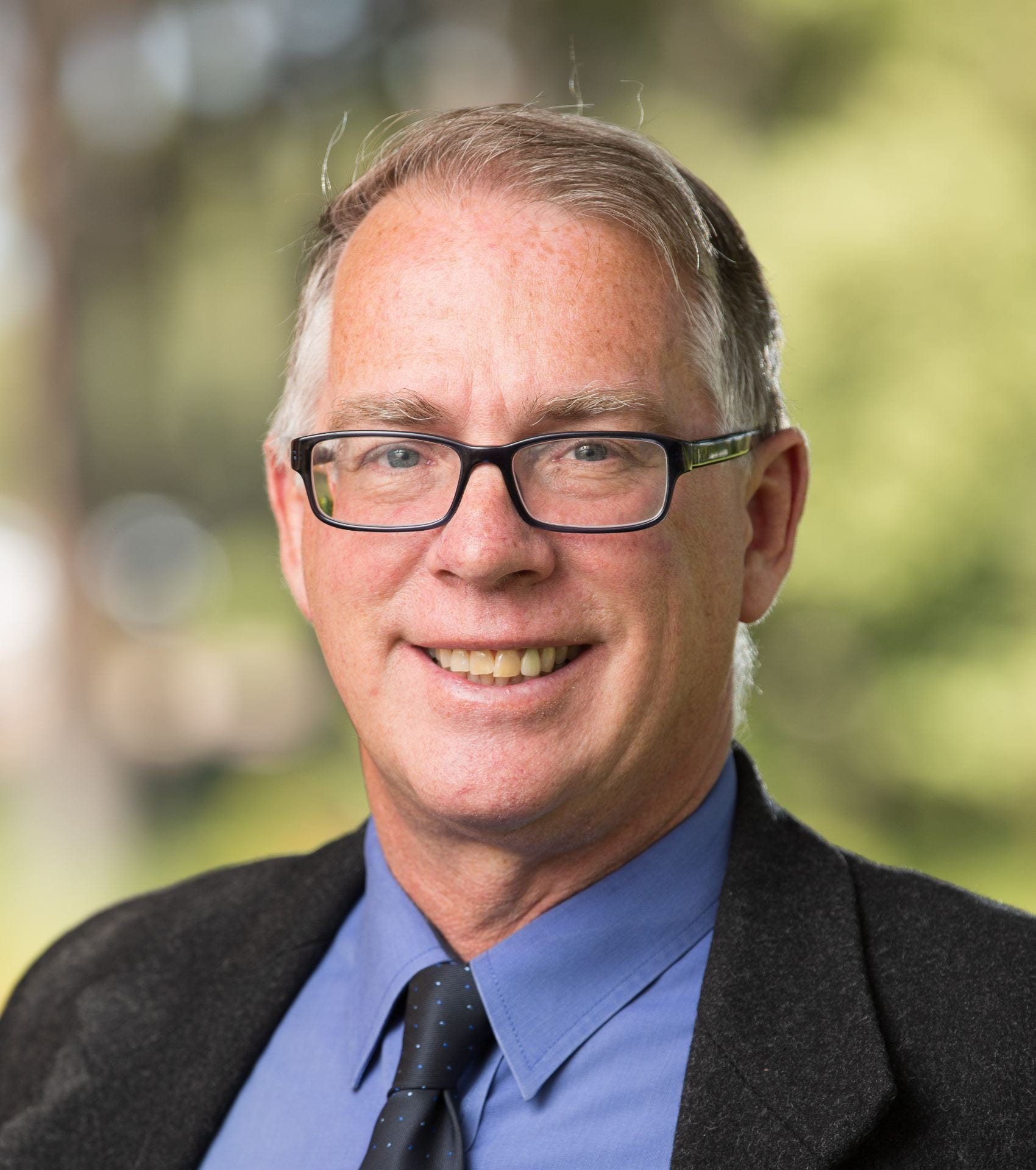 Professor Keith Hill
Professor Keith HillProfessor Keith Hill is Director of a new research centre at Monash University (Rehabilitation, Ageing and Independent Living (RAIL) Research Centre), since July 2019. He is a physiotherapist and senior researcher, with 40 years clinical and research experience in rehabilitation and ageing well, implementing and completing research programs for older people in community, hospital and residential aged care settings, and across the health and well-being spectrum. His research strengths include falls prevention, rehabilitation, physical activity/exercise, and assessment of physical performance, but has also researched more broadly in areas such as improving support and outcomes for carers of older people.
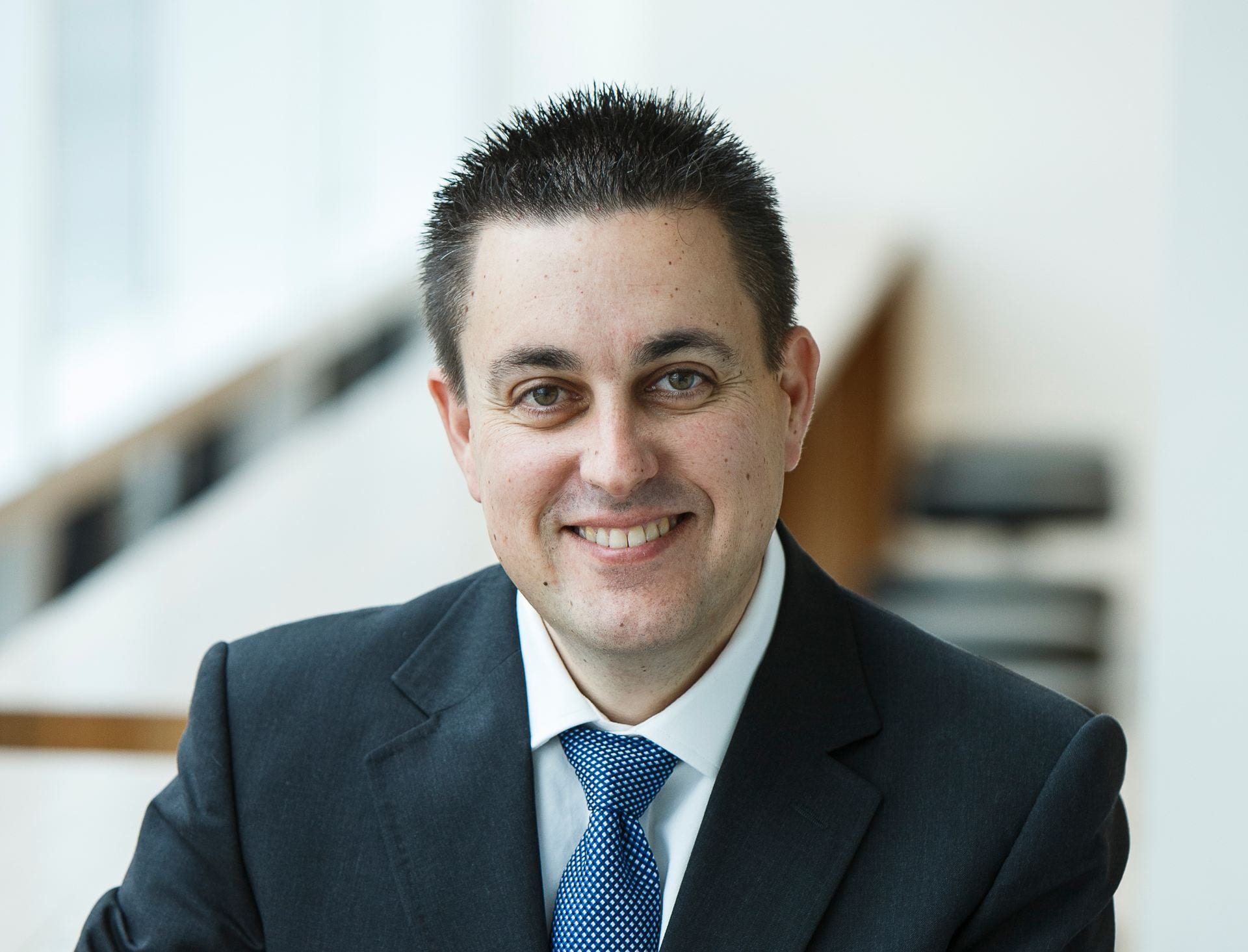 Professor Richard Holden
Professor Richard HoldenRichard Holden is professor of economics at UNSW Business School. He is one of Australia’s leading economists. Professor Holden received a PhD from Harvard University and was a faculty member at MIT and the University of Chicago before returning to Australia.
He has published in the leading economics journals such as the Quarterly Journal of Economics, American Economic Review and Review of Economic Studies. His popular writings have appeared in outlets such as the New York Times, Australian Financial Review, The Australian and The Conversation.
He is a fellow of the Econometric Society, and of the Academy of Social Sciences in Australia.
 Ms Bernadette Hyland-Wood
Ms Bernadette Hyland-WoodBernadette Hyland-Wood is a UQ Global Change Scholar and PhD candidate in public policy and governance. Her PhD research is on leadership and organisational culture within federally funded scientific data programs. As a professional data scientist, Bernadette pioneered U.S federal data sharing programs for the U.S. Environmental Protection Agency and Government Publishing Office and was a technical advisor to U.S. Health and Human Services and the U.N. Food and Agriculture Organization. As chair of the international World Wide Web Consortium’s Government Linked Data working group (2011-13), she served as editor of international data standards, and has authored peer reviewed articles and chapters on open government data. Bernadette was the founder of three software and hardware startups in Australia and the United States, including Tucana Technologies Inc acquired by Northrop Grumman (2005).
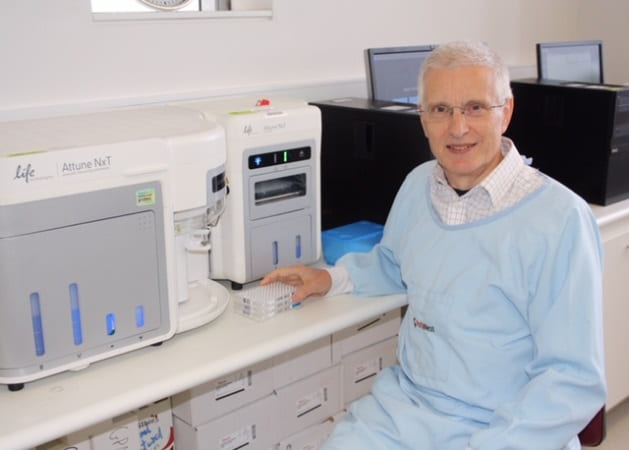 Associate Professor Tim Inglis
Associate Professor Tim InglisCurrent employment: A/Prof (Pathology), Head of Pathology and Laboratory Medicine, School of Medicine, UWA and Consultant Medical Microbiologist, Department of Microbiology, PathWest Laboratory Medicine, QEII Medical Campus, Nedlands. Other appointments: State Public Health Microbiologist; State representative, Public Health Laboratory Network, Australia; SMO, 13 Bde & Pathologist, RAAMC, ADF; SMO, WA Joint Task Group, OP-COVID-19 Assist.
COVID-19 activity: principal medical advisor to Commander, Joint Task Group, WA. Mobile COVID Lab development. New COVID-19 diagnostic test reporting. Pathologist member, WA combined clinical trials steering group. Machine learning, COVID-19 pathology data. Geospatial COVID-19 analysis.
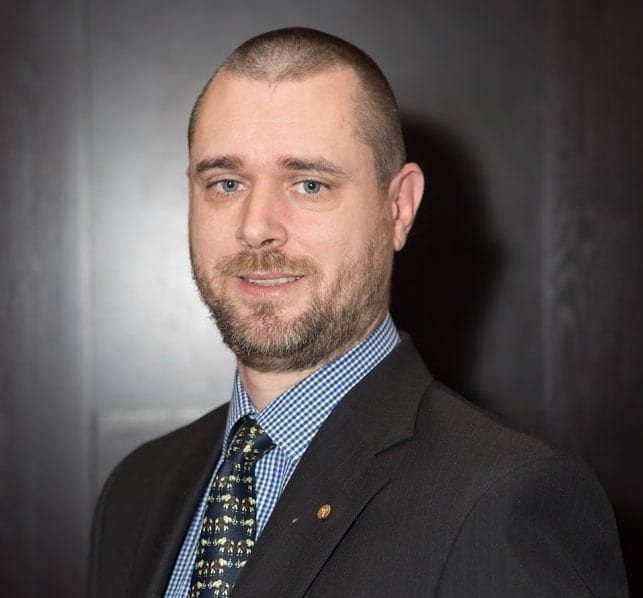 Associate Professor Andrew Jackson
Associate Professor Andrew JacksonAndrew is an Associate Professor and Scientia Fellow of Financial Accounting at the UNSW Business School. His research focusses mainly on issues around financial statement analysis and forecasting, with specific interests in disaggregating earnings into market, industry and idiosyncratic sources of information. He has published in leading international journals Review of Accounting Studies and European Accounting Review, along with highly regarded local journals including ABACUS, Accounting and Finance, Australian Journal of Management, amonf others. He is the Editor in Chief of the Australian Journal of Management and serves on editorial boards for a number of international journals. He is also the treasurer and president-elect (Australia) of the Accounting and Finance Association of Australia and New Zealand.
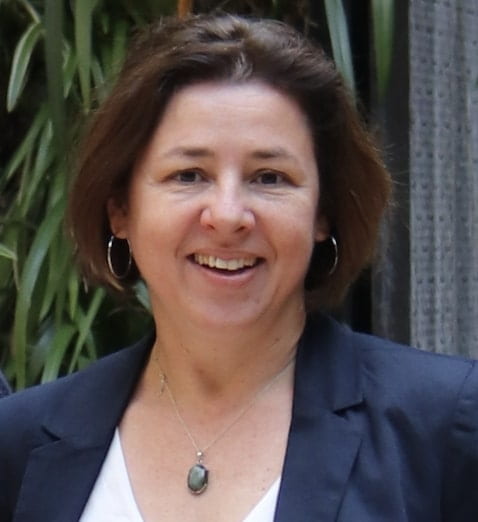 Professor Jolanda Jetten
Professor Jolanda JettenJolanda Jetten is Professor of Social Psychology and an ARC Laureate Fellow at the University of Queensland. Her research is concerned with group processes, social identity and intergroup relations, and she explores how these processes play a role in mental health and well-being. Her Laureate research is concerned with responding to collective level change, including adjustment and resilience in the aftermath of disasters.
Jolanda is the former President of the Society of Australasian Social Psychology (SASP), a fellow of the Association of Social Sciences in Australia (ASSA), the current President of the Australasian Society for Philosophy and Psychology (ASPP) and served on the ARC College of Experts.
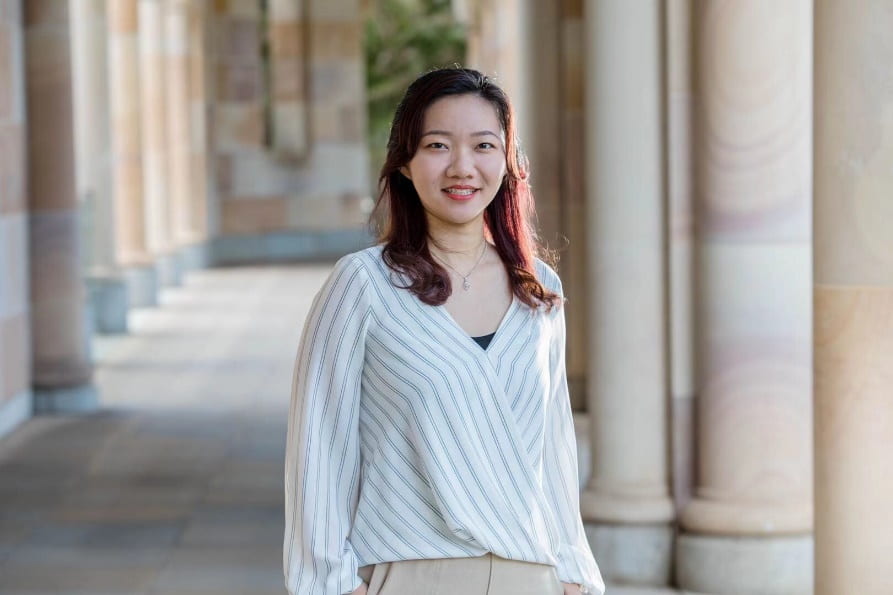 Ms Yawei Jiang
Ms Yawei JiangYawei is a final year PhD candidate in the UQ Business School. Her research focuses on small business resilience in the face of extreme weather events. Her thesis examines how small businesses develop capabilities to build their resilience and the factors that influence their capability development. Her PhD focuses on Cyclone Debbie in Northern Queensland. Yawei’s honours thesis explored the motivations and barriers to collaboration in the tourism industry after Cyclone Marcia. She is currently undertaking a placement in Brisbane with EarthCheck to audit templates and global best practices related to tourism risk and resilience programs. Profile: https://business.uq.edu.au/profile/2099/yawei-jiang
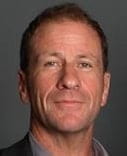 Professor John Kaldor
Professor John KaldorJohn Kaldor is a NHMRC Senior Principal Research Fellow and Professor of Epidemiology at the Kirby Institute, UNSW. For over 35 years he has built and led internationally recognised research programs on the epidemiology and prevention of infectious diseases, including bloodborne and sexually transmitted infections and neglected tropical diseases. With over 750 peer reviewed scientific publications, Professor Kaldor has been a highly influential contributor to public health knowledge and policy. He has served on numerous policy and advisory committees at the national and international level and has strong collaborative relationships with countries of the Asia-Pacific region.
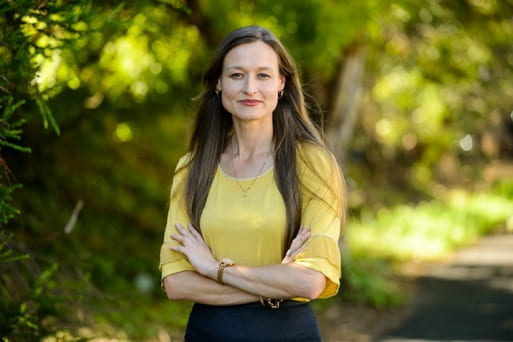 Dr Elise Klein
Dr Elise KleinDr Elise Klein (OAM) is a Senior Lecturer of Public Policy at the Australian National University, in the Crawford School of Public Policy. Dr Klein has a Dphil in International Development from the University of Oxford and held a Post-Doctoral Fellowship at the Centre for Aboriginal Economic Policy Research (CAEPR) at the Australian National University. Her two books include ‘Developing Minds: Psychology, Neoliberalism, Power’ (Routledge), and ‘Reading Amartya Sen’s Inequality Re-examined Study Book’ (Mouseion/ Routledge). Dr Klein has also two co-edited collections; ‘Postdevelopment in Practice: Alternatives, Economies, Ontologies’ (Routledge) with Carlos Eduardo Morreo, and ‘Implementing a Basic Income in Australia: Pathways Forward’ (Palgrave) with Jen Mays and Tim Dunlop. Dr Klein has held various roles including working on the UN Secretary General’s High-Level Panel on Women’s Economic Development and the Human Rights Committee within the United Nations General Assembly. She was awarded the Medal of the Order of Australia (OAM) in 2019.
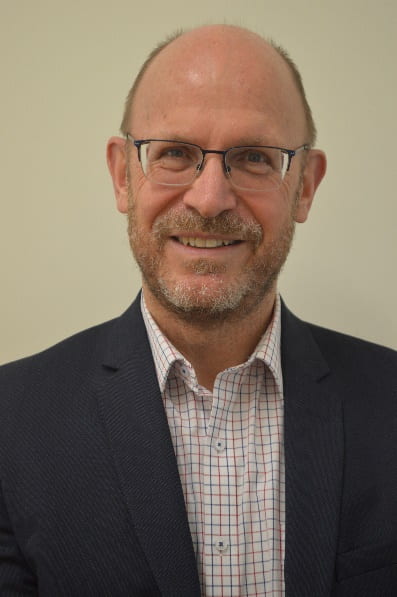 Professor David Le Couteur
Professor David Le CouteurDavid Le Couteur PhD FRACP AO is Geriatrician and Clinical Pharmacologist, currently Professor of Geriatric Medicine at the University of Sydney and Senior Staff Specialist Physician in Geriatric Medicine at the Concord RG Hospital. His research includes aging biology and geriatric clinical and experimental pharmacology and he has had extensive experience on Federal regulatory medicines committees. He is Editor in Chief of the Journal of Gerontology Biological Sciences and a Fellow of the Australian Academy of Health and Medical Sciences.
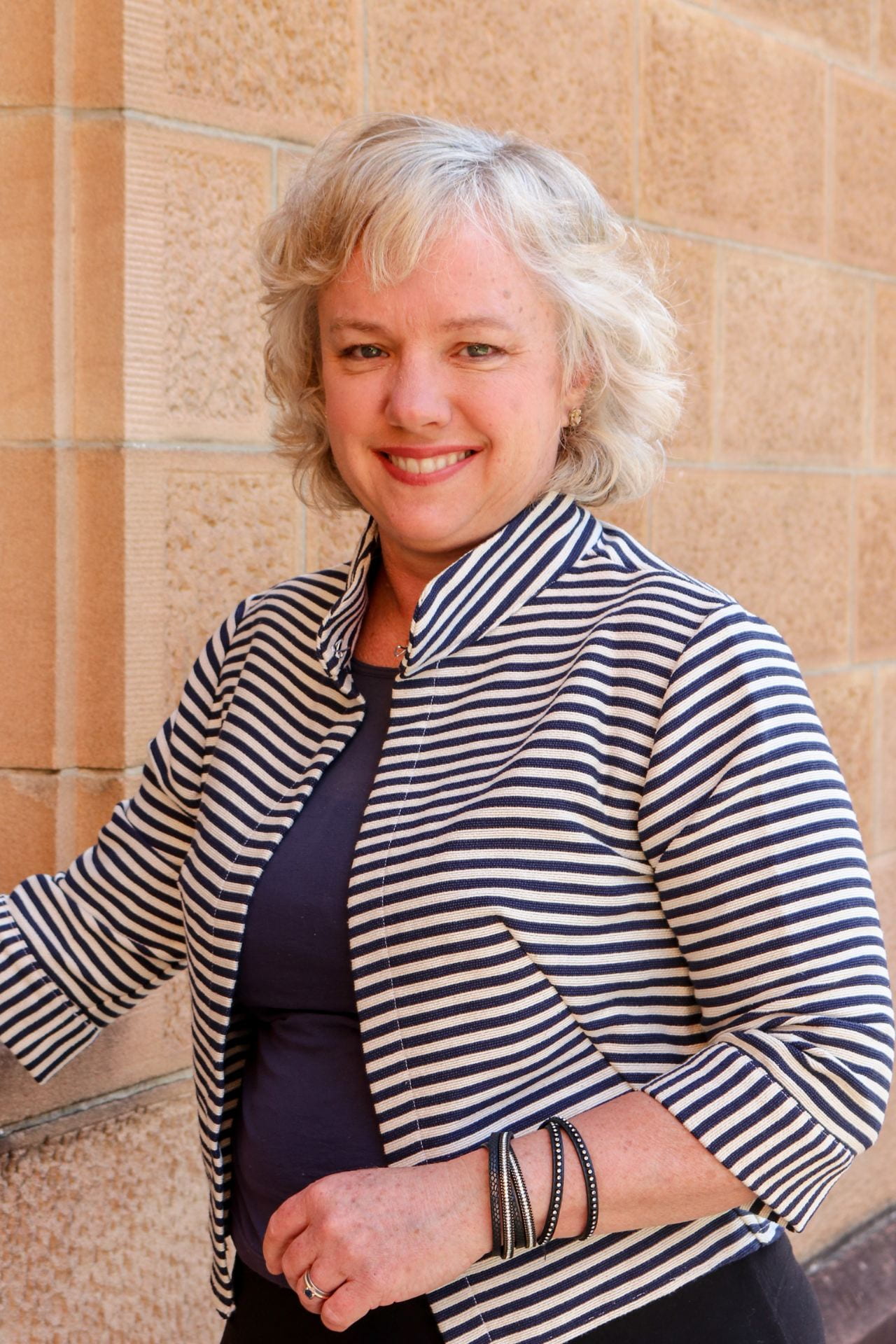 Professor Julie Leask
Professor Julie LeaskJulie Leask (PhD, MPH) is professor and social scientist in the Susan Wakil School of Nursing and Midwifery, University of Sydney and visiting fellow at the National Centre for Immunisation Research and Surveillance. Her research focuses risk communication, vaccination uptake and policy, with 131 publications in these fields. She is an advisor to the World Health Organization and was named overall and global category winner of the 2019 Australian Financial Review 100 Woman of Influence.
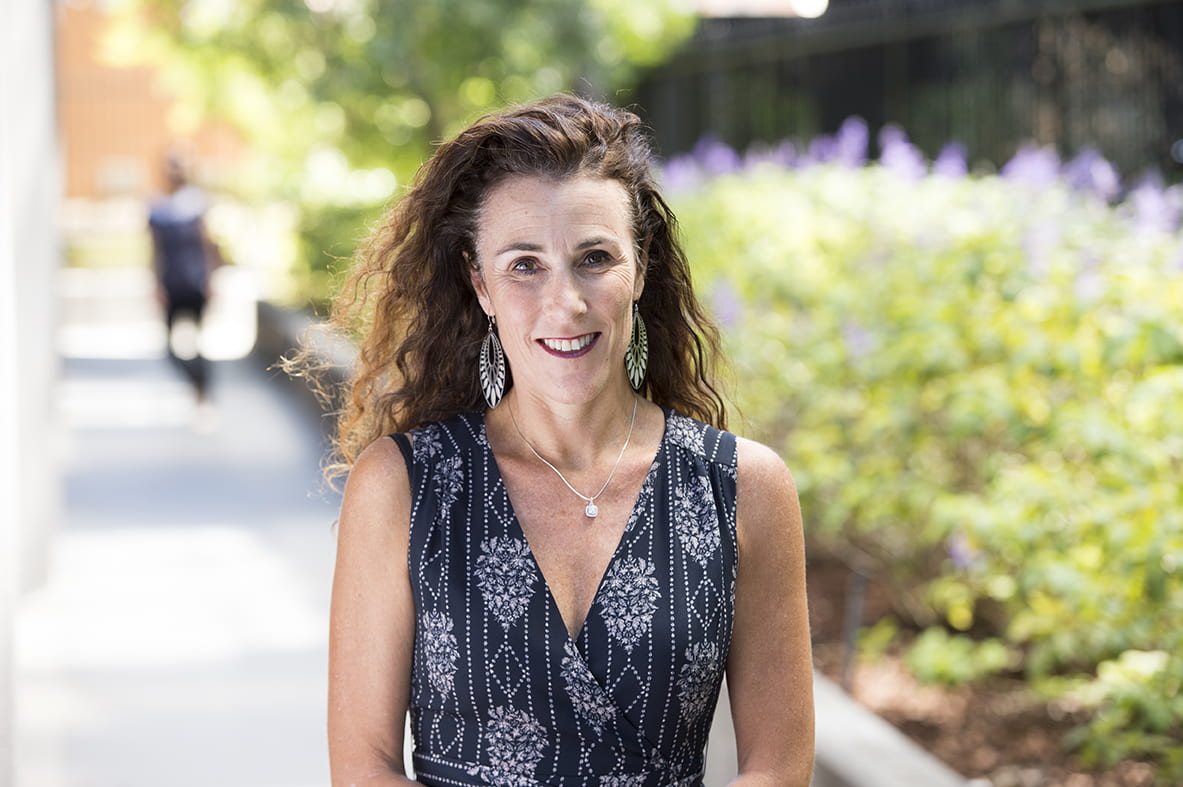 Professor Karin Leder
Professor Karin LederProfessor Karin Leder is Head of the Infectious Disease Epidemiology Unit, School of Public Health and Preventive Medicine, Monash University, and an infectious disease physician at the Royal Melbourne Hospital. She holds a NHMRC Senior Research Fellowship. Prof Leder has specialised interests in the role of travellers as vectors and sentinels of infections globally, and in health issues associated with exposure to contaminated environments in resource poor settings.
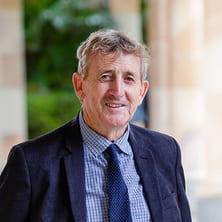 Professor John Mangan
Professor John ManganJohn Mangan is a Professor of Economics and Director of the Australian Institute for Business and Economics at the University of Queensland. He specializes in labour economics, business finance, business policy, human resource management, management and quantitative economics. John was the Director of the Centre of Economic Policy Modelling (2001-2006), the Director of the Labour Market Research Unit within the Department of Employment and Training (2001-2004) and an Eminent Research Visitor to the Department of Education and Training (2016). John has been a visiting Research Professor at the Universities of Lancaster (England), Ulster (Northern Ireland) and Kiel (Germany) and the National University of Ireland (Galway).
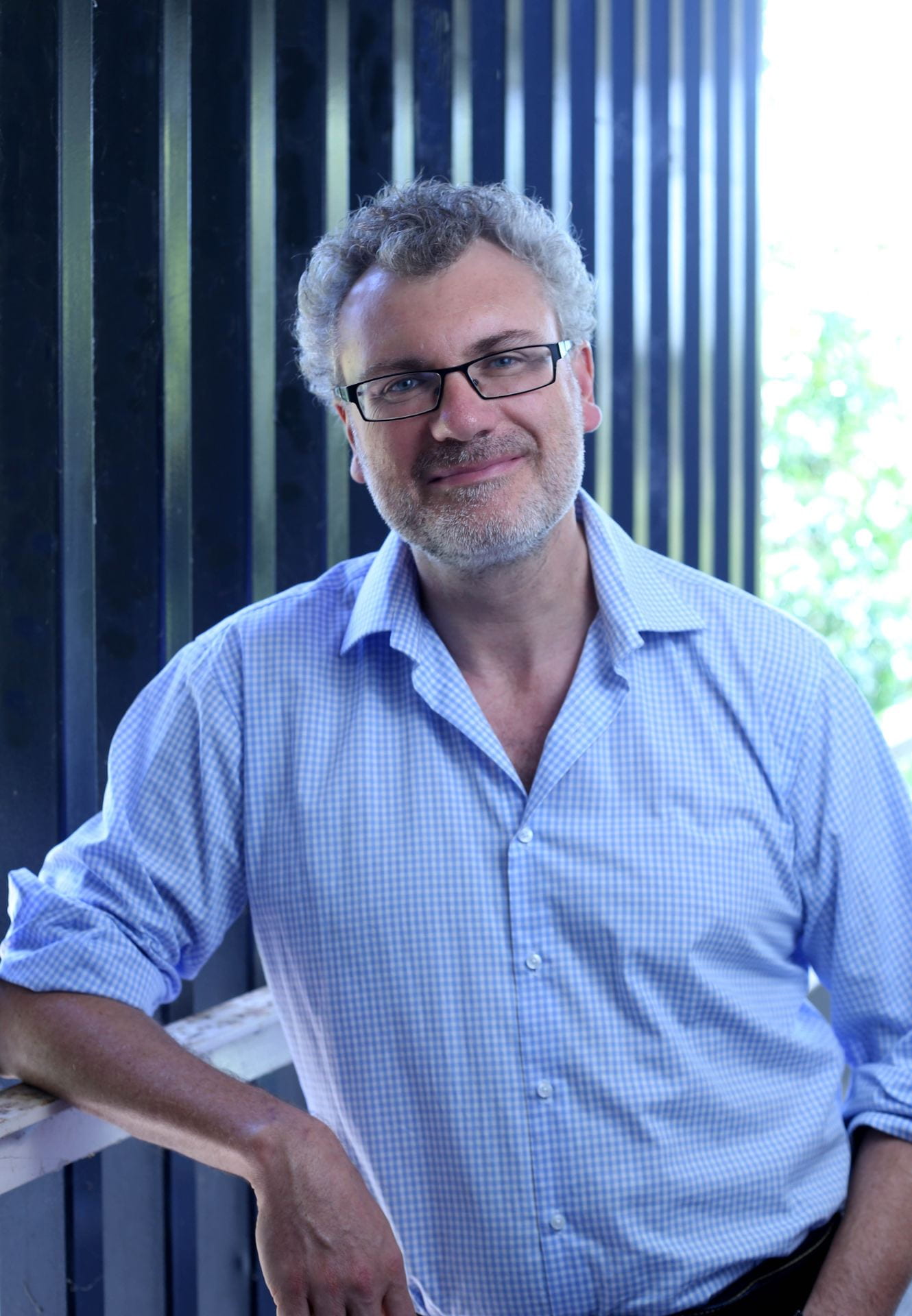 Professor Andrew Martin
Professor Andrew MartinAndrew Martin, PhD, is Scientia Professor, Professor of Educational Psychology, and Co-Chair of the Educational Psychology Research Group in the School of Education at the University of New South Wales, Australia. He specializes in student motivation, engagement, learning, achievement, and quantitative research methods. His research traverses ‘mainstream’ school students, as well as academically at-risk students and those with special or additional educational needs. He is also Honorary Research Fellow in the Department of Education at the University of Oxford and Fellow of the Academy of the Social Sciences in Australia.
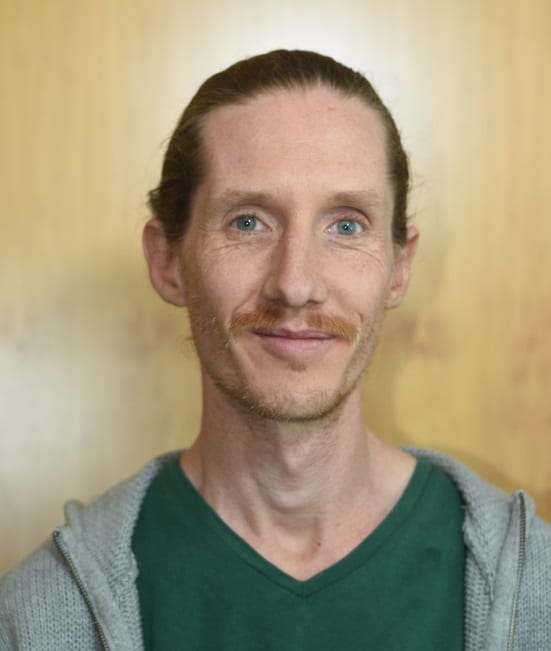 Dr Christopher McCaw
Dr Christopher McCawChristopher is a Lecturer in Education at the Melbourne Graduate School of Education. His research explores the nature of teaching and teacher professionalism, the purposes of education, post-secularism in education, and questions of self, identity and agency. He teaches courses in philosophy and sociology of education, curriculum and pedagogy within Master of Teaching and Education breadth programs. He has a background working in secondary schools, specialising in inquiry learning in the sciences, humanities and philosophy.
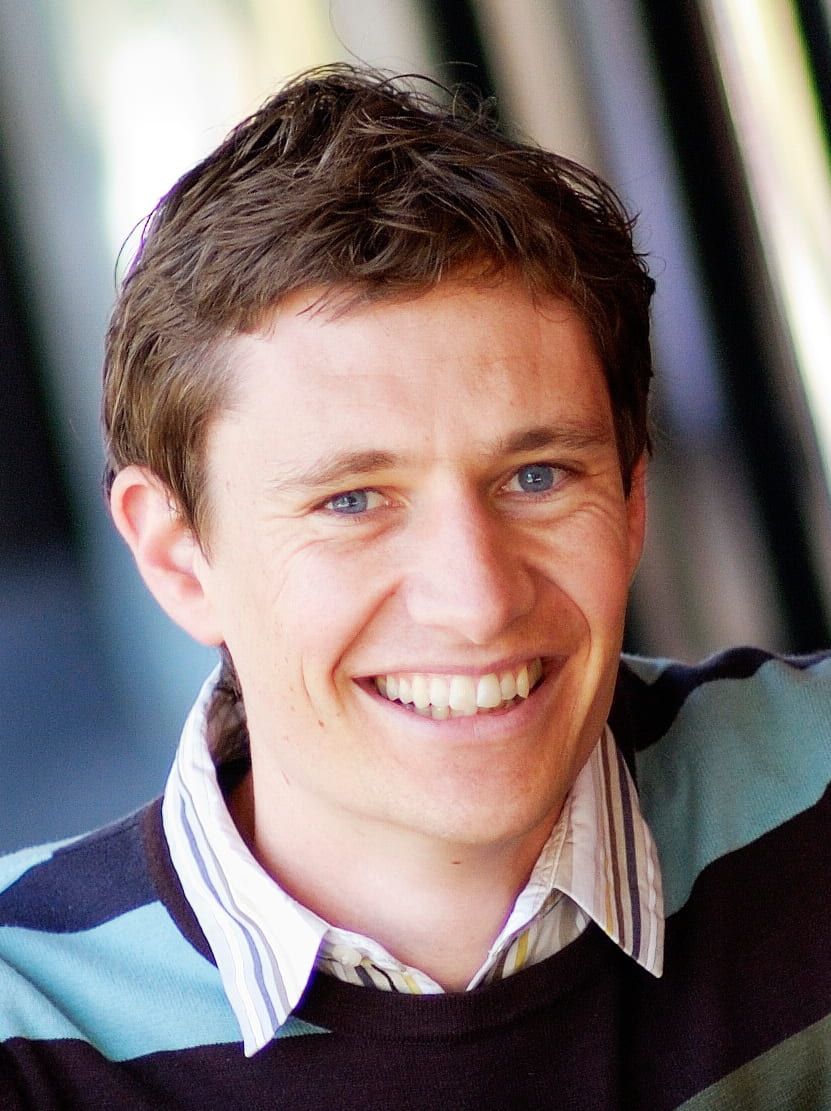 Professor James McCaw
Professor James McCawProfessor James McCaw is a mathematical biologist. His research focuses on modelling of infectious disease transmission, preparedness and control. He holds a PhD in theoretical physics and transitioned to the field of infectious diseases modelling some 15 years ago. Much of his research has focused on influenza, and pandemic influenza in particular. His models have been used to inform pandemic response policy in both Australia and internationally. In recent years he has contributed to the establishment of real-time forecasting systems for influenza, recently adapted to COVID-19.
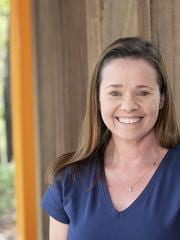 Professor Lisa McDaid
Professor Lisa McDaidLisa McDaid is Professor of Social Sciences and Health at The University of Queensland and leads on health research at the Institute for Social Science Research. Her research aims to improve health and wellbeing, particularly among the most disadvantaged in our society. Lisa has expertise in health inequalities, intervention development and evaluation, and in engaging communities at high risk of poor health and wellbeing in health improvement research. She is developing new methods of co-production for intervention development and exploring how to affect change and improve health at the community level via assets and strengths-based approaches.
 Dr Siobhan McDonnell
Dr Siobhan McDonnellDr Siobhan McDonnell is a legal anthropologist who has over twenty years of experience working with Indigenous people in Australia and the Pacific on land, resource management, environment and development issues. She is a Lecturer at the Australian National University, in the Crawford School of Public Policy. Dr McDonnell has contributed both research and policy outcomes in the following areas: land reform, gender and natural resource management, climate change, disaster management, legal pluralism and the operation of customary institutions.
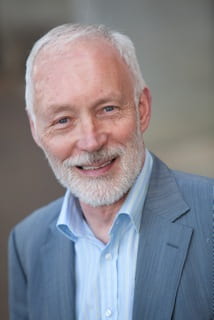 Professor Patrick McGorry
Professor Patrick McGorryProfessor Patrick McGorry is an Irish-born, Australian psychiatrist known world-wide for his work in early intervention and youth mental health, and for mental health innovation, advocacy and reform. He is Executive Director of Orygen and Professor of Youth Mental Health at the University of Melbourne. He led the development of headspace, the national youth primary mental health program, which is now in over 100 communities nationally. He has played a key advocacy and advisory role to government and health systems. In 2010 Professor McGorry was named Australian of the Year and in 2016 he became the first psychiatrist to be elected as a Fellow of the Australian Academy of Science.
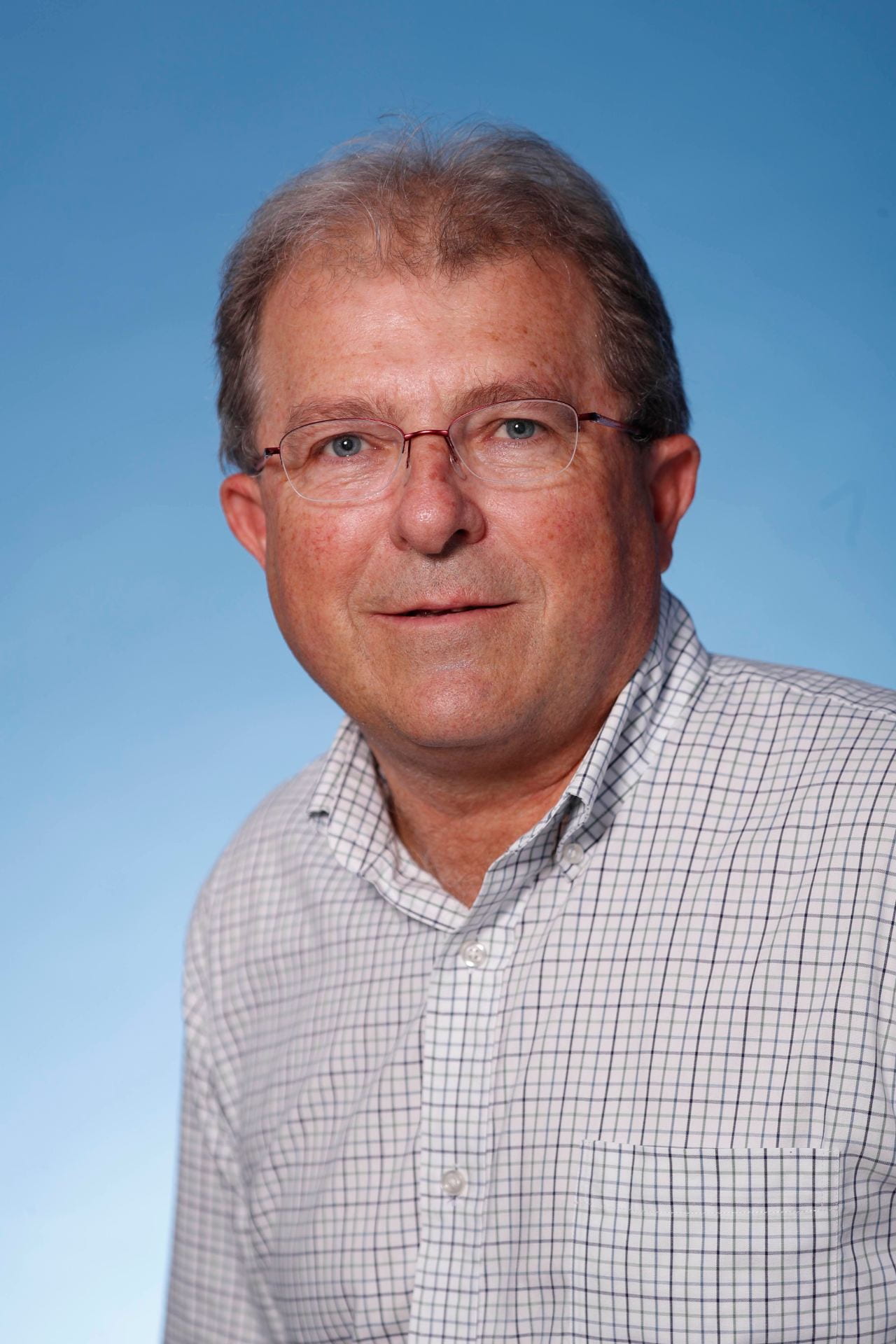 Professor Warwick McKibbin
Professor Warwick McKibbinProfessor Warwick J. McKibbin, AO, FASSA is the Vice Chancellor’s Chair in Public Policy and is Director of the Centre for Applied Macroeconomic Analysis (CAMA) in the Crawford School of Public Policy at the Australian National University (ANU). He is also a non-resident Senior Fellow at the Brookings Institution in Washington D.C. He was awarded the Order of Australia in 2016.
Professor McKibbin is internationally renowned for his contributions to global economic modelling, the theory of monetary policy, and the economics of pandemics. He has published more than 240 peer reviewed academic papers and 5 books as well as being a regular commentator in the popular press.
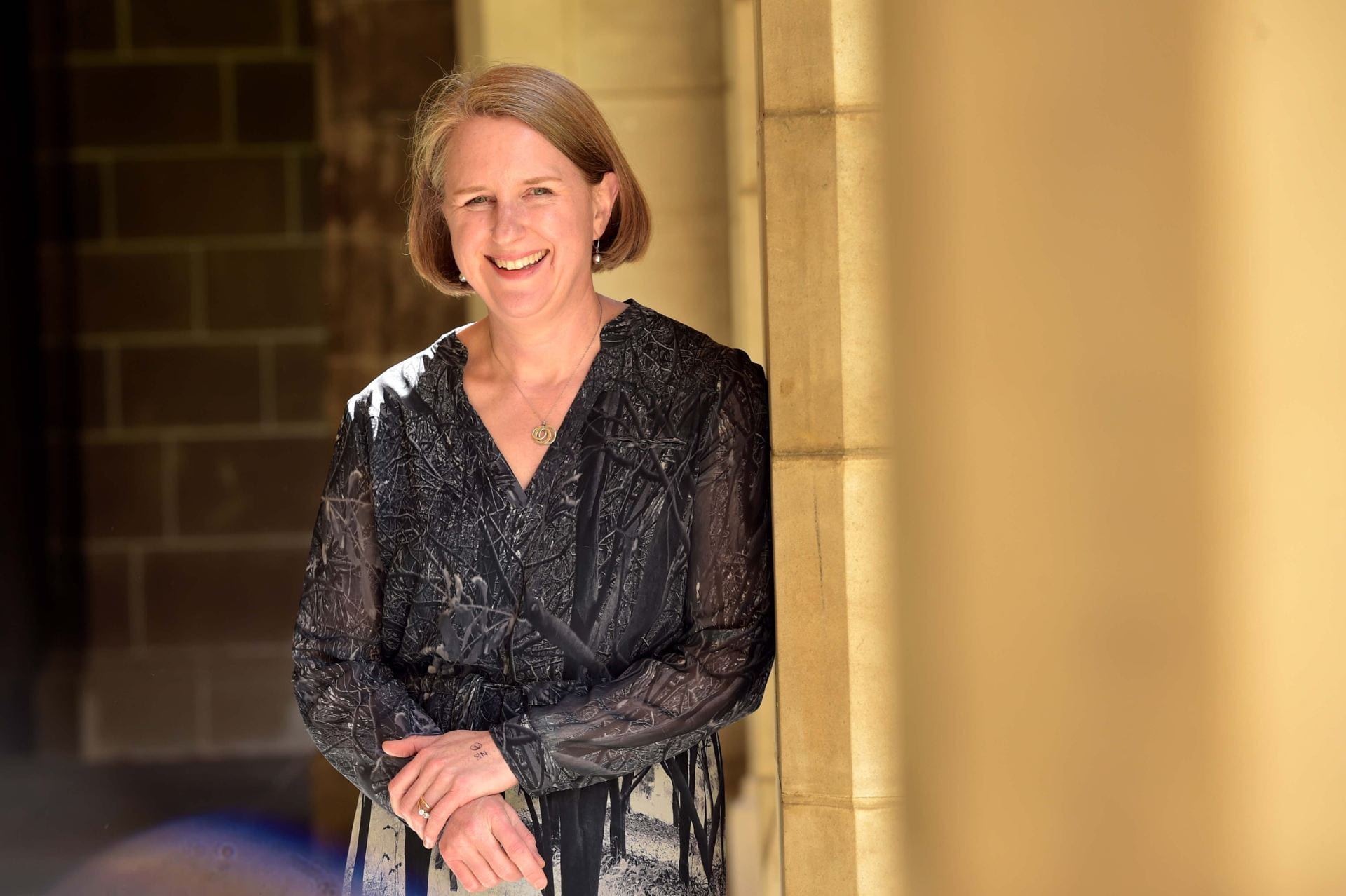 Professor Jodie McVernon
Professor Jodie McVernonProfessor Jodie McVernon is a physician with subspecialty qualifications in public health and vaccinology. She has extensive expertise in clinical vaccine trials, epidemiologic studies and mathematical modelling of infectious diseases, gained at the University of Oxford, Health Protection Agency London and The University of Melbourne. Her work focuses on the application of a range of cross-disciplinary methodological approaches including mathematical and computational models, to synthesise insights from basic biology, epidemiological data and sociological research. These models advance understanding of the observed epidemiology of infectious diseases and inform understanding of optimal interventions for disease control, including pandemic preparedness and response.
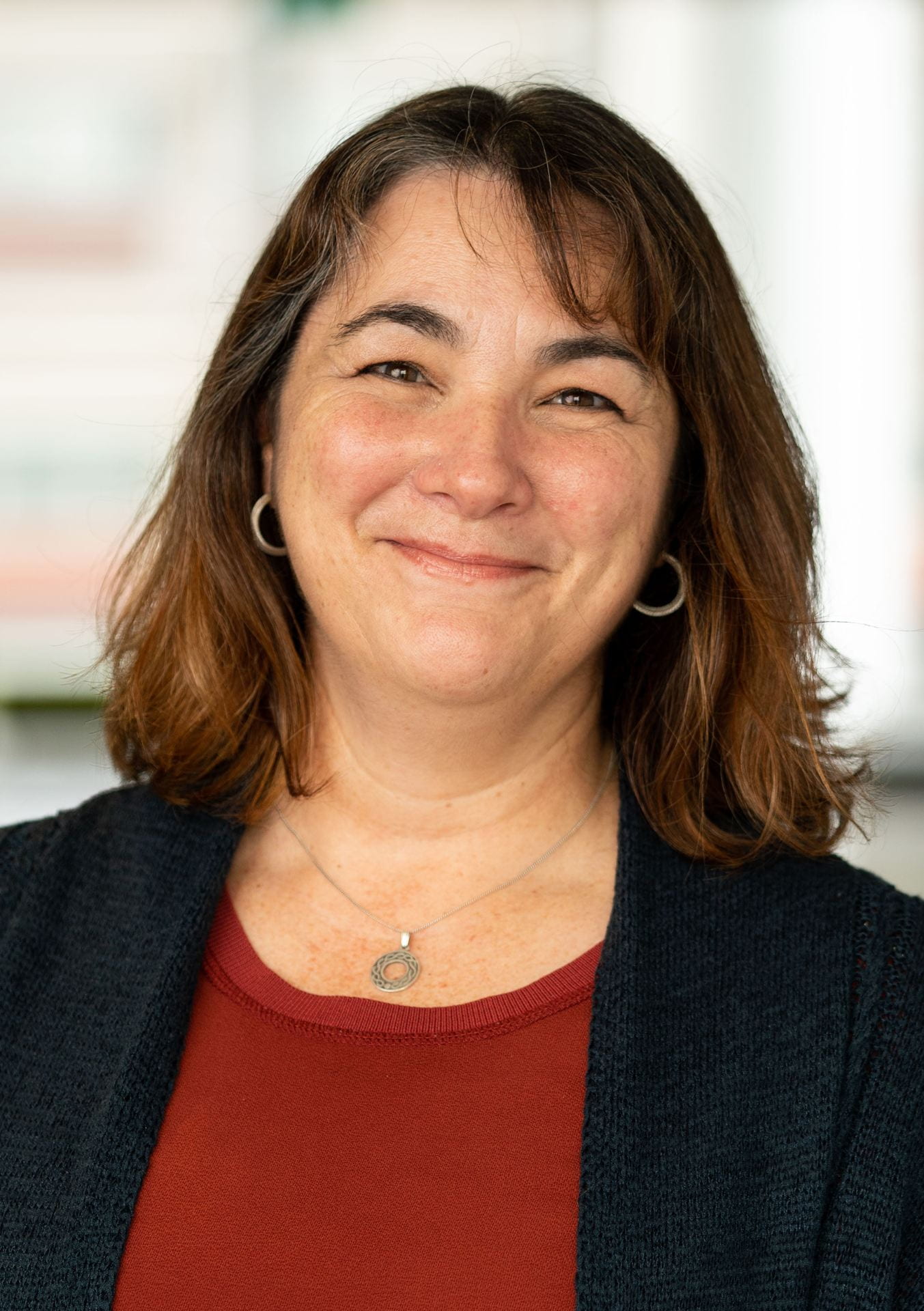 Professor Tracy Merlin
Professor Tracy MerlinProfessor Tracy Merlin is the current Head of the School of Public Health, at the University of Adelaide. She is incoming Chair of the International Network of Agencies for Health Technology Assessment (INAHTA) – representing 51 HTA agencies across 30 countries – and is co-creator and Director of Adelaide Health Technology Assessment (AHTA). AHTA is a research group that, over 20 years, has conducted $58 million in contract research for the federal government and other governments to determine the safety, effectiveness and cost-effectiveness of a range of different health interventions in the Australian health system. Tracy is a clinical epidemiologist and methodologist with an international reputation in evidence synthesis, health policy and clinical practice guideline development.
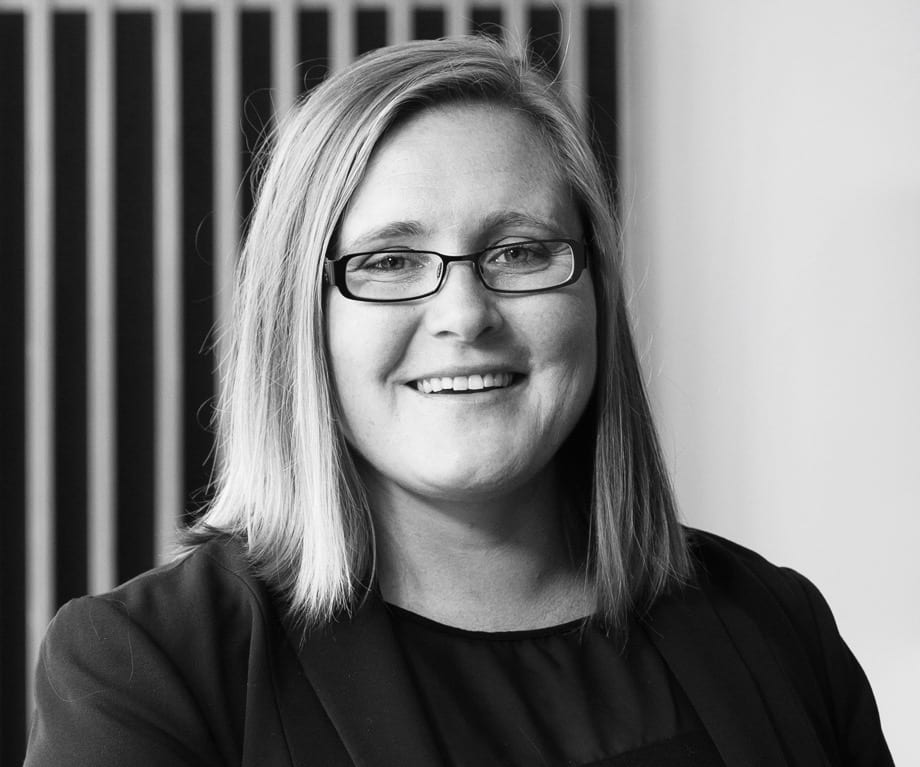 Dr Nikki Moodie
Dr Nikki MoodieDr Nikki Moodie (Gomeroi) is a Senior Lecturer in Indigenous Studies in the School of Social and Political Sciences at the University of Melbourne, Australia. Dr Moodie received her PhD in Sociology from the Australian National University, and held the University of Melbourne’s inaugural Research Fellowship in Indigenous Research from 2016 to 2018. Her research focuses on Indigenous policy and governance, with a particular focus on identity, social networks and education.
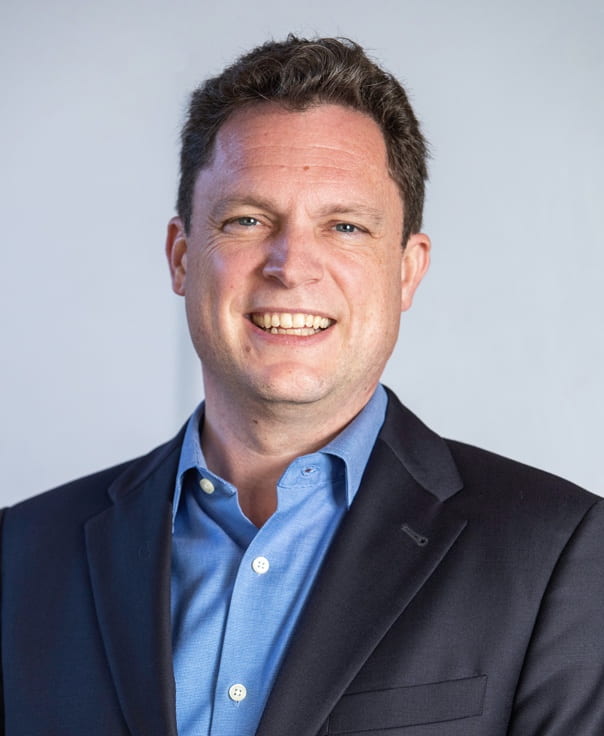 Professor James Morley
Professor James MorleyJames Morley is Professor of Macroeconomics at the University of Sydney. He is a Fellow of the International Association for Applied Econometrics and has been a visiting scholar at various policy institutions worldwide, including the Bank of Canada, the Bank for International Settlements, and the Reserve Bank of New Zealand. He is a former President of the Society for Nonlinear Dynamics and Econometrics and is currently Co-Editor of The Economic Record. His research focuses on the empirical analysis of business cycles, stabilization policy, and sources of persistent changes in macroeconomic and financial conditions.
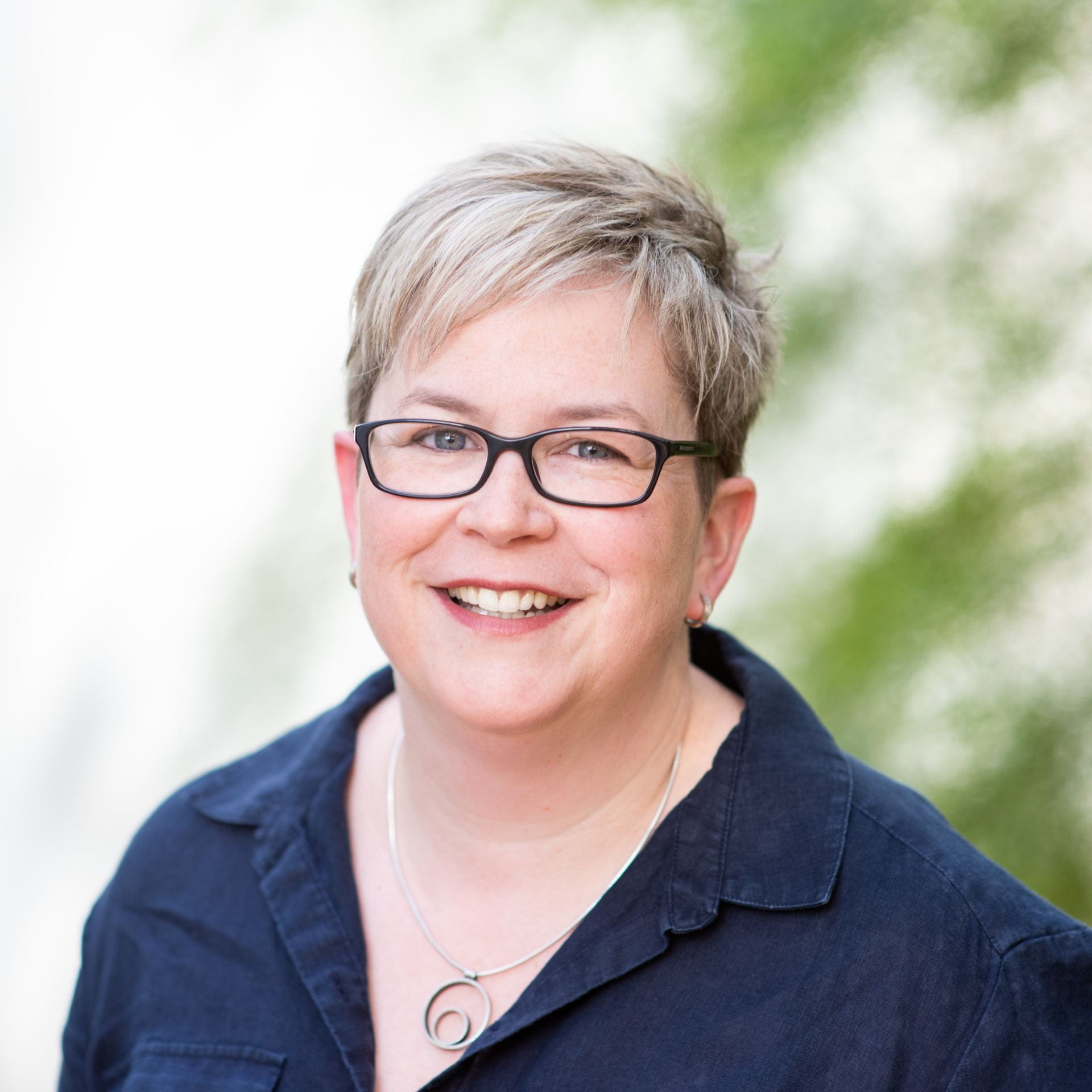 Associate Professor Julia Morphet
Associate Professor Julia MorphetJulia is an Associate Professor and the Director of Education in Nursing & Midwifery at Monash University. Julia has held key leadership roles in emergency nursing for the last decade, and was appointed as Executive Director of the College of Emergency Nursing Australasia (CENA), the peak professional body for Australian emergency nurses, in 2017. Julia works closely with other leaders in emergency care, guiding policy and strategic direction for emergency nursing and care in Australia.
Julia leads two programs of research; the first focused on health workforce and education, and the second focused on patient experience in the emergency department, in particular, patient flow models. Julia Chairs the CENA Research Committee and holds an honorary research appointment at Monash Health Emergency Departments.
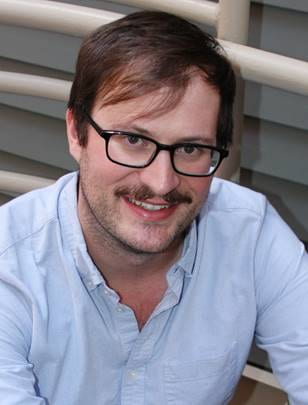 Dr Collin Payne
Dr Collin PayneDr Collin Payne is a Lecturer in the School of Demography at the Australian National University, and an Associate Investigator at the ARC Centre of Excellence in Population Ageing Research. His substantive research centres on the intersections between population ageing and population health, with a focus on understanding the dynamics of chronic health conditions, frailty, and multimorbidity over time and across generations. He also conducts methodological research on multistate models and demographic microsimulation. Payne received his PhD in Demography from the University of Pennsylvania, and previously held a postdoctoral fellowship at the Harvard University School of Public Health.
 Dr Michael Phillips
Dr Michael PhillipsMichael Phillips is a Senior Lecturer in the Faculty of Education, Monash University. His work focuses on the knowledge expert teachers develop when integrating educational technologies into their practice. Additionally, Michael researches the ways in which expert teachers make active decisions about their classroom technology integration. Michael’s research regularly involves collaboration with colleagues from Australia, the United States, Europe, Asia and the sub-continent.
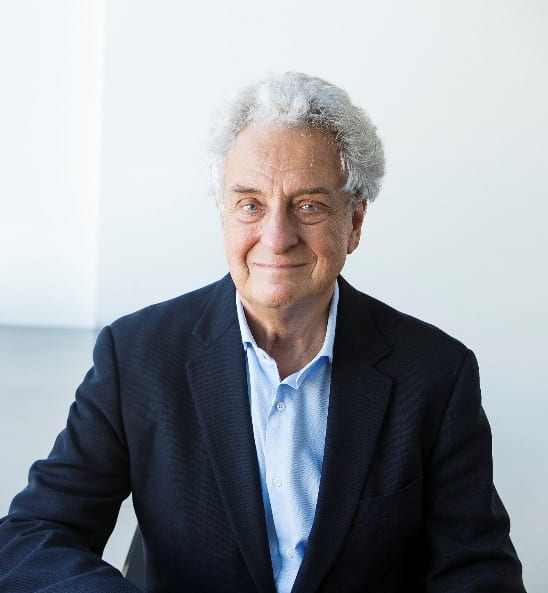 Professor John Piggott
Professor John PiggottJohn Piggott AO is Director of the ARC Centre of Excellence in Population Ageing Research (CEPAR) at UNSW, where he is Scientia Professor of Economics. He has published widely in retirement and pension economics and finance, and in public economics more generally.
His Australian policy experience includes membership of both the Henry Tax Review Panel and the Ministerial Superannuation Advisory Committee, as well as many interactions with a range of Government Departments. He also has extensive experience in interacting with international governments and organisations.
In 2018, he won a Rockefeller Residency to undertake research into ageing and inequality in Asia, and was appointed co-chair of the G20 Population Ageing Taskforce. He recently joined the US National Academy of Medicine’s Project, “A Roadmap to Healthy Longevity” as a Commissioner.
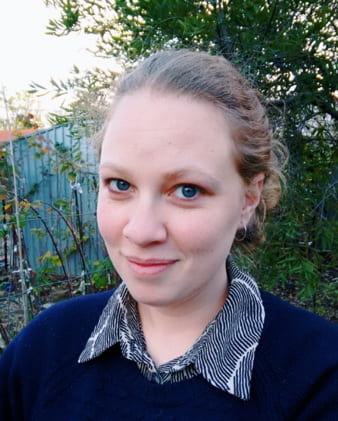 Ms Maeve Powell
Ms Maeve PowellMaeve Powell is a Ngiyampaa woman and Research Associate and PhD Scholar at the Australian National University, in the Crawford School of Public Policy. She sees her academic work as situated within a trans-Indigenous scholarship at the intersection of Indigenous studies and critical geography. She is interested in spatial decolonisation, urban Indigenous belonging, digital story mapping and Indigenous education.
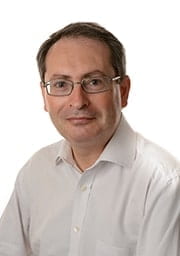 Professor Mikhail Prokopenko
Professor Mikhail ProkopenkoProf Prokopenko has a strong international reputation in complex systems, with applications to computational epidemiology, systems biology, network optimisation, and artificial intelligence. He has a PhD in Computer Science (Australia, 2002), MA in Economics (USA, 1994), and MSc in Applied Mathematics (USSR, 1988). In 2014, Mikhail joined the University of Sydney, after 20 years with CSIRO. Currently, he leads the Centre for Complex Systems at the University. His research project partners include Defence Science and Technology Group, Australian Signals Directorate, NASA, Milliman, Asia-Pacific Partnership on Clean Development and Climate, Boeing Phantom Works, Royal Australian Navy, IBM Global Services Australia, etc.
 Dr Signe Ravn
Dr Signe RavnDr Signe Ravn is a Senior Lecturer in Sociology in the School of Social and Political Sciences at the University of Melbourne, Australia. Her research focuses on young people and disadvantage, with a particular focus on risk, gender and processes of marginalisation, and she is particularly interested in how young people imagine and forge their futures. She also contributes to qualitative methodological advancement, especially in relation to visual and creative methods. She has published her work in a number of high-ranked journals and holds an ARC-DECRA fellowship (2017-2020).
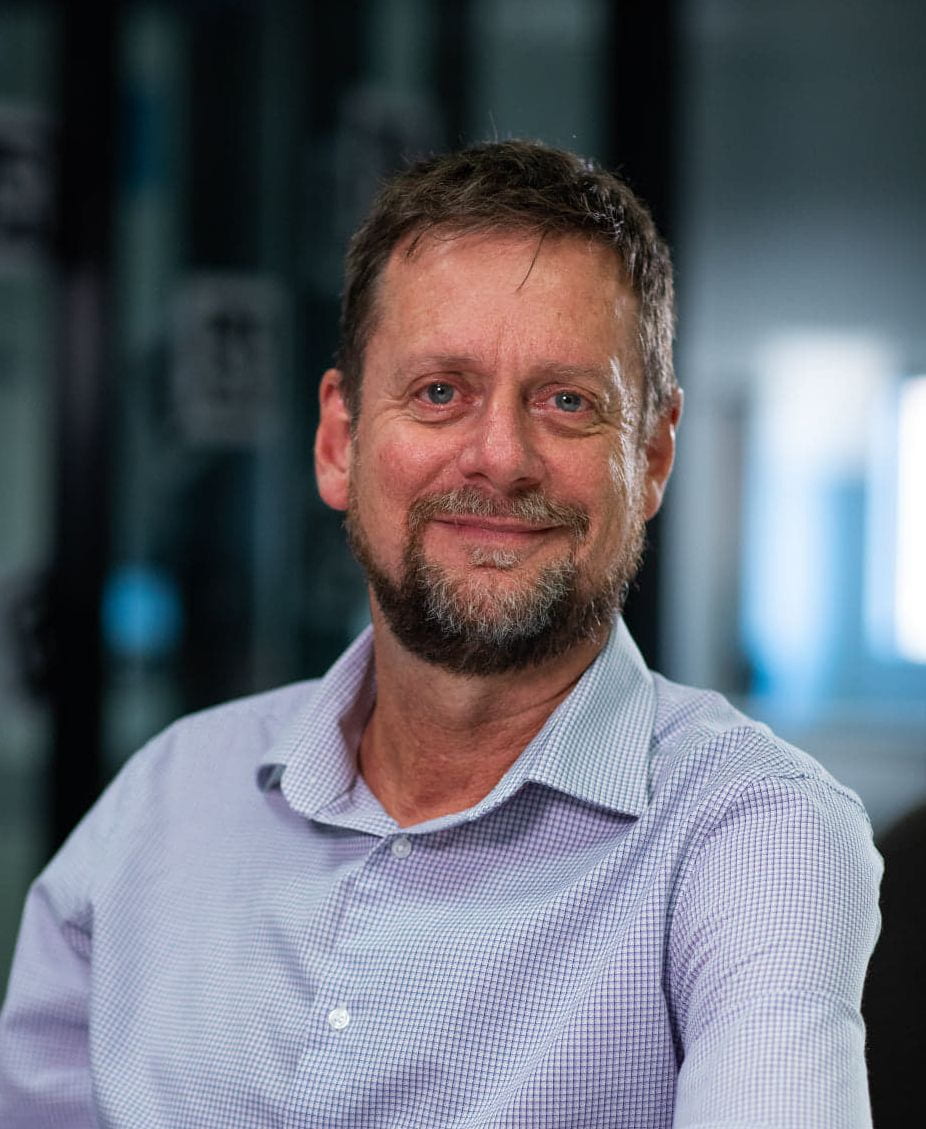 Professor Ian Reid
Professor Ian ReidIan Reid is a Professor of Computer Science at the University of Adelaide, Australia, and Head of School. He also serves as the Deputy Director of the ARC Centre of Excellence in Robotic Vision (ACRV), and held an ARC Australian Laureate Fellowship, 2013-2018. His research interests are primarily in machie learning and computer vision, with a particular emphasis on perception for robots. He has published around 300 articles with more than 25,000 citations and an h-index of 76. He serves on numerous editorial and advisory panels and was elected Fellow of the Academy of Technological Sciences and Engineering in 2016.
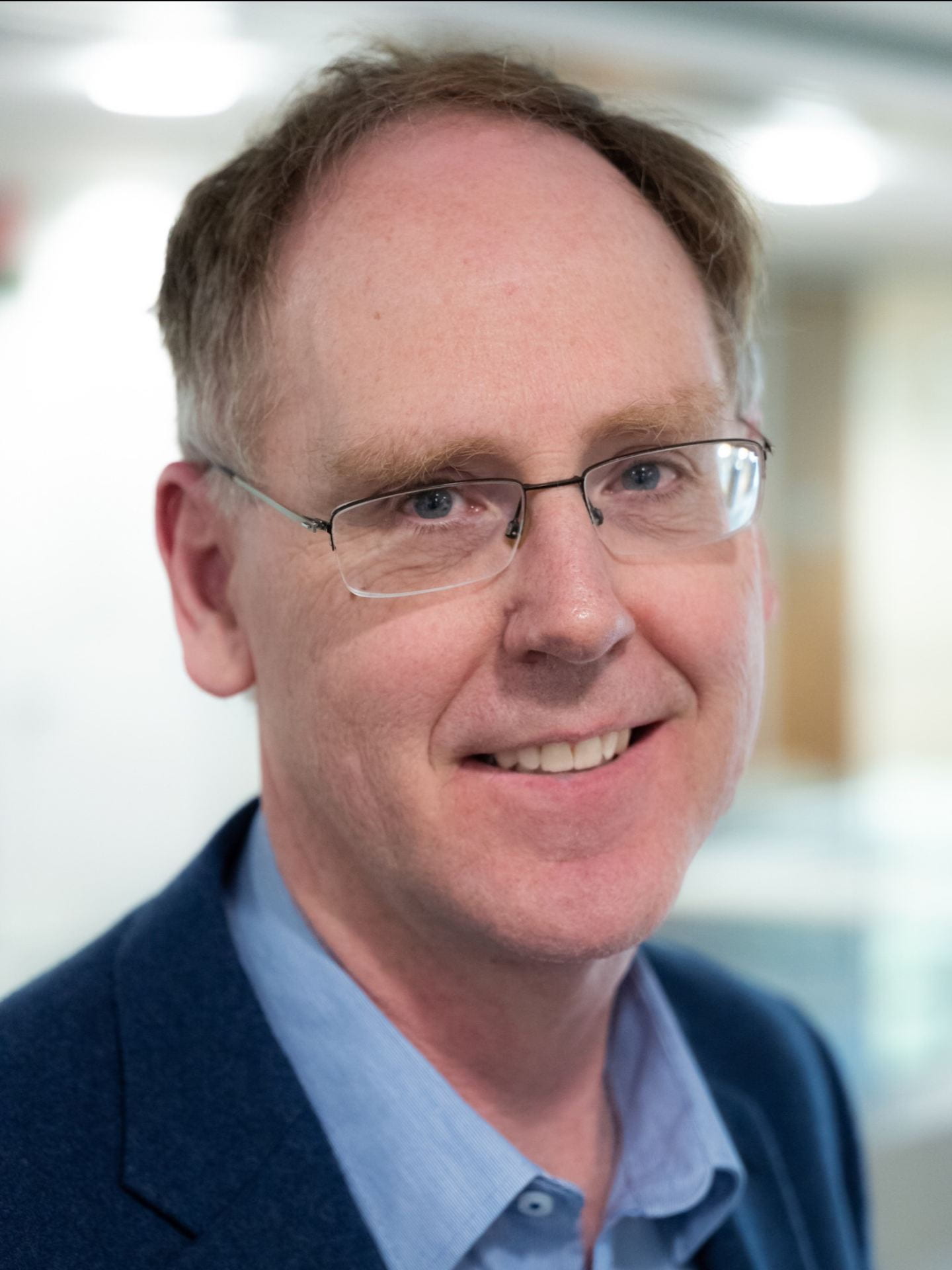 Professor Peter Robertson
Professor Peter RobertsonPeter Robertson is a Professor of Economics and is Dean of the UWA Business School. Has served as an expert consultant to the Productivity Commission and to the Department of Innovation, Industry, Science and Research and as member of the Australian Research Council College of Experts.
Peter’s research focuses on the interactions between economic growth, trade and economic development. He has also written in related areas including international political economy of trade restrictions, defence economics, immigration and international security. As an economist he also writes on Australian economic policy issues, including macroeconomics and Australia’s international trade as well as on issues facing East Asia, China and India. His research is published in leading international peer reviewed journals.
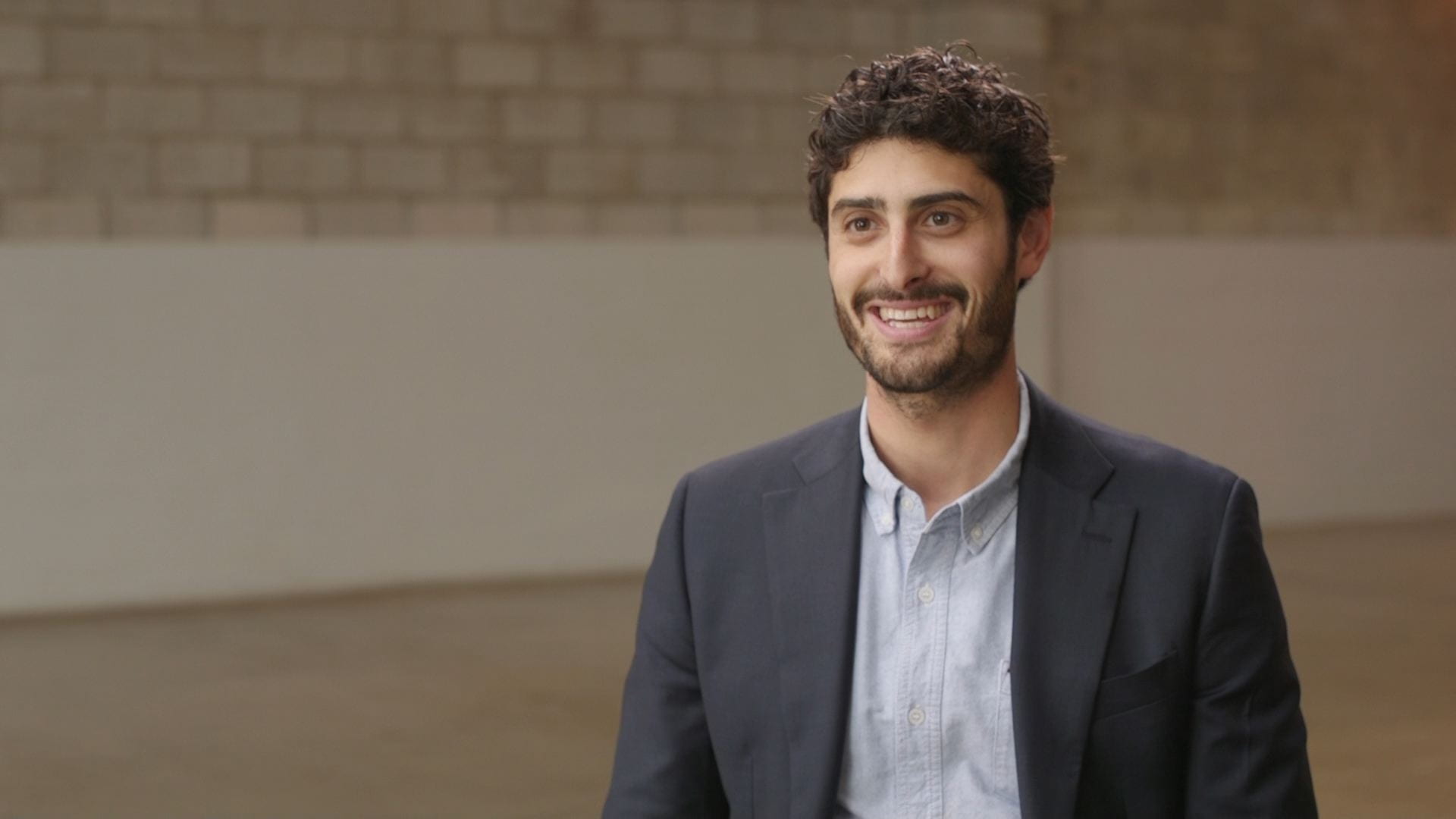 Associate Professor Simon Rosenbaum
Associate Professor Simon RosenbaumAssociate Professor Simon Rosenbaum is a Scientia Fellow in the School of Psychiatry, UNSW Sydney, and an honorary fellow at the Black Dog Institute. As an exercise physiologist, Simon’s research focuses on physical activity, mental illness, sport for development and global mental health. Simon has worked with a variety of groups including youth, veterans, emergency service workers and refugees. Simon has published >170 peer-reviewed publications including a textbook. He serves as an elected national director of Exercise and Sports Science Australia and is the Vice President of the Australasian Society for Traumatic Stress Studies. Simon has led international research and capacity building projects, including a recent role with the United Nations working in the Rohingya refugee crises in Bangladesh.
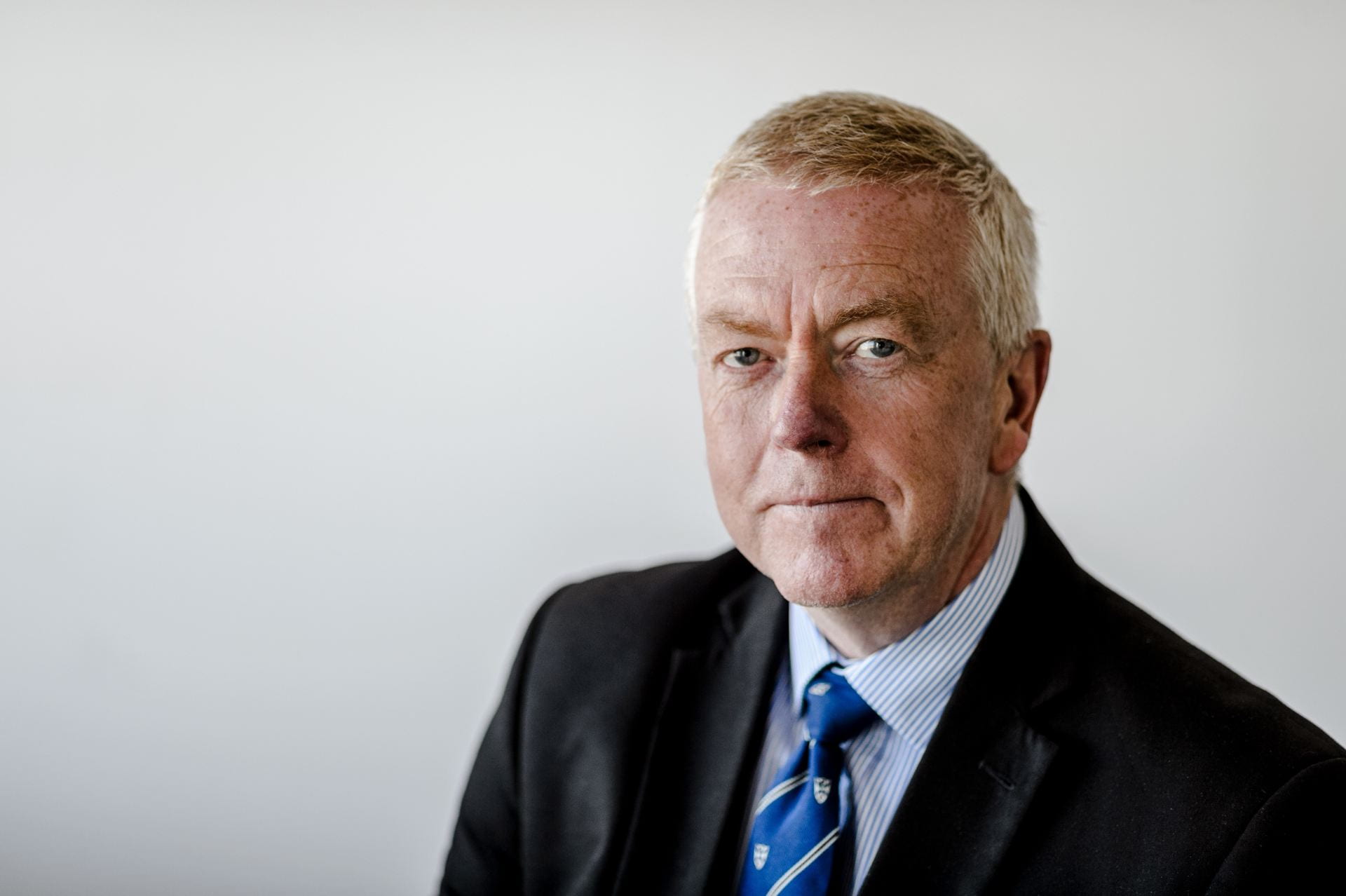 Professor John Savill
Professor John SavillJohn Savill has been Executive Director of the Melbourne Academic Centre for Health since July 2019, having served in the UK as an honorary consultant in renal and acute medicine from 1990 to 2018. John graduated in Physiological Sciences from Oxford in 1978 and in Medicine from Sheffield in 1981. He received a PhD (London) in 1989. After junior hospital appointments in Sheffield, Nottingham and London, he spent seven years in the Department of Medicine at the Royal Postgraduate Medical School, Hammersmith Hospital, with spells as an MRC Clinical Training Fellow and Wellcome Trust Senior Clinical Research Fellow.
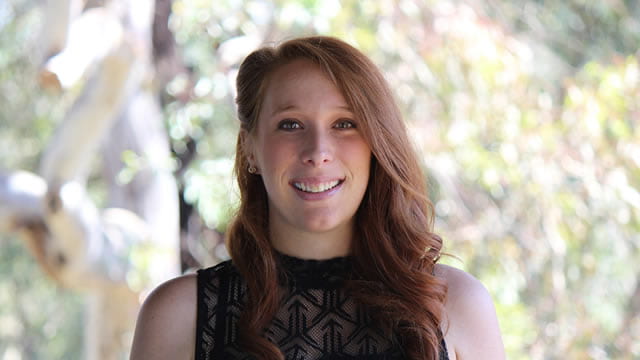 Dr Ashley Schram
Dr Ashley SchramAshley is a Braithwaite Fellow in the School of Regulation and Global Governance (RegNet) at the Australian National University and Deputy Director of the Menzies Centre for Health Governance. From 2017-2019 Ashley led a programme of research on policy evaluation in an NHMRC Centre of Research Excellence in the Social Determinants of Health Equity. Her research investigates the regulation, governance, policy, and politics of the social determinants of health inequities. Focal areas include food systems, trade and investment liberalisation, noncommunicable diseases, and sustainable development.
 Mr Roberto Schurch
Mr Roberto SchurchRoberto Schurch is a sociologist and a PhD Candidate with the University of Queensland’s School of Education. His current study explores comparatively the influence of the International Large-Scale Assessments (ILSAs) on policymaking in Australia, Chile and Singapore. Previously, he worked as Statistic Unit Coordinator and then Head of the Research Centre at the Ministry of Education of Chile. Roberto’s experience and research interest are focused on the linkage of cross-national evidence with education policy decision-making.
 Dr Theresa Scott
Dr Theresa ScottTheresa Scott is a lecturer in clinical geropsychology in the School of Psychology, at The University of Queensland. She has broad clinical and research expertise in supporting the functionality and independence of older adults and people living with young- and late-onset dementia, healthy ageing, and evidence-based therapies to support wellbeing in later life. She holds a National Health and Medical Research Council and Australian Research Council (NHMRC-ARC) funded Dementia Research Development Fellowship, focusing on supporting community mobility and social participation after driving cessation for people with dementia.
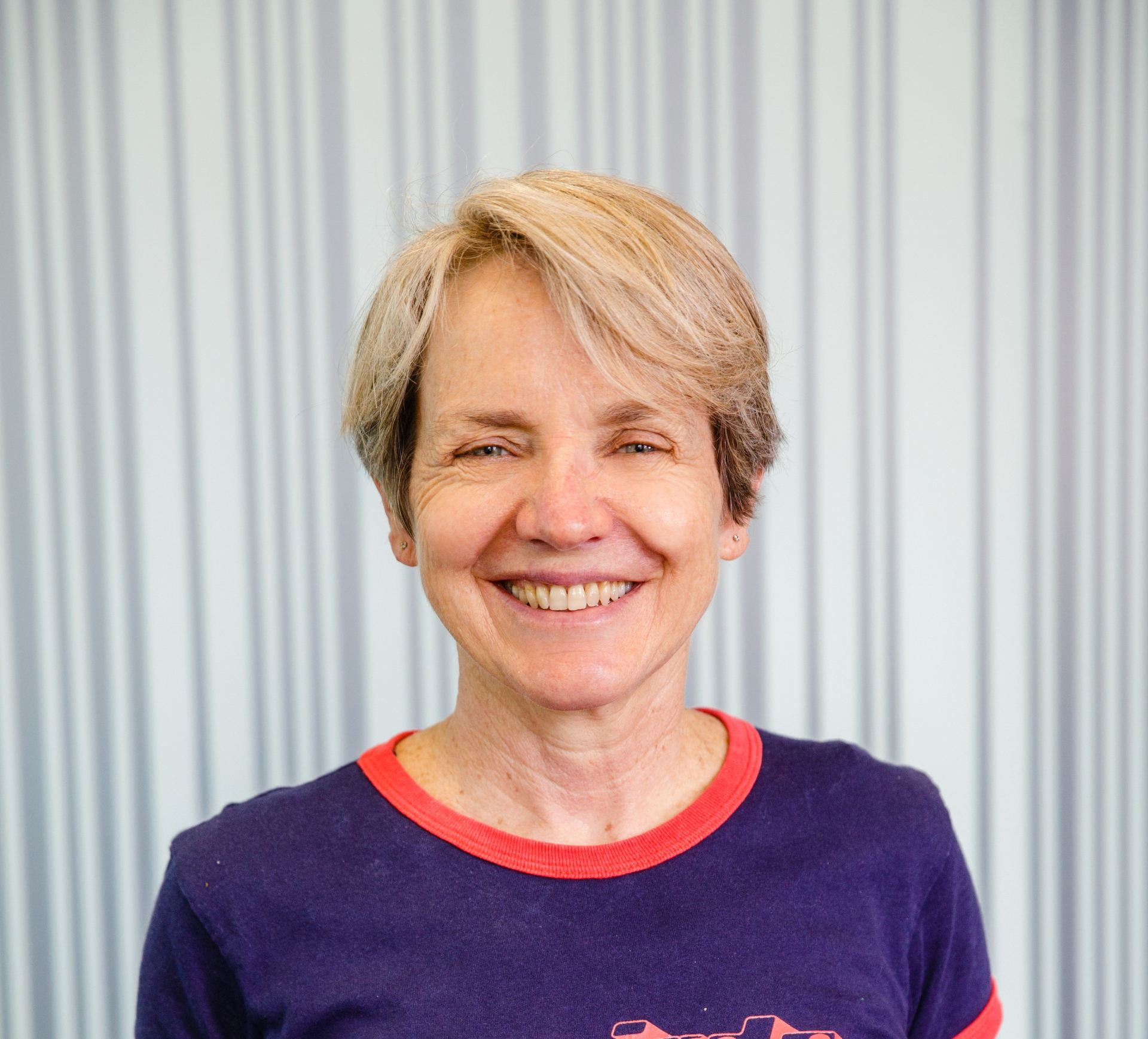 Associate Professor Linda Selvey
Associate Professor Linda SelveyAssociate Professor Linda Selvey is a public health physician and infectious diseases epidemiologist in the School of Public Health, The University of Queensland. She has undertaken senior leadership roles in Queensland Health, including being Director of Communicable Diseases Branch from 1996 to 2004 and following that Executive Director, Population Health Queensland until 2009. She has also worked on polio eradication in India and Nepal and assisted with the response to the Ebola epidemic in Liberia. After working as CEO of Greenpeace Australia Pacific, she joined Curtin University in 2012 before joining University of Queensland in 2017. She is President of the Australasian Faculty of Public Health Medicine.
 Professor Louise Sharpe
Professor Louise SharpeProfessor Louise Sharpe is a clinical psychologist by training who worked in clinical roles in the National Health Service in the UK before completing her PhD at The University of London in health psychology. She is currently a Professor of Clinical Psychology and Associate Dean for Research Education in the Faculty of Science at the University of Sydney. She researches the interface between clinical and health psychology, so focuses on the development of clinically significant psychological problems and unhelpful health behaviours in people with a range of chronic health conditions, including multi-morbidity. She has received awards from the Australian Psychological Society and The Australian Association for Cognitive Behavioural Therapy (AACBT) for her contribution to clinical psychology and cognitive behaviour therapy. She is a Fellow of both the AACBT and the Association for Social Scientists in Australia.
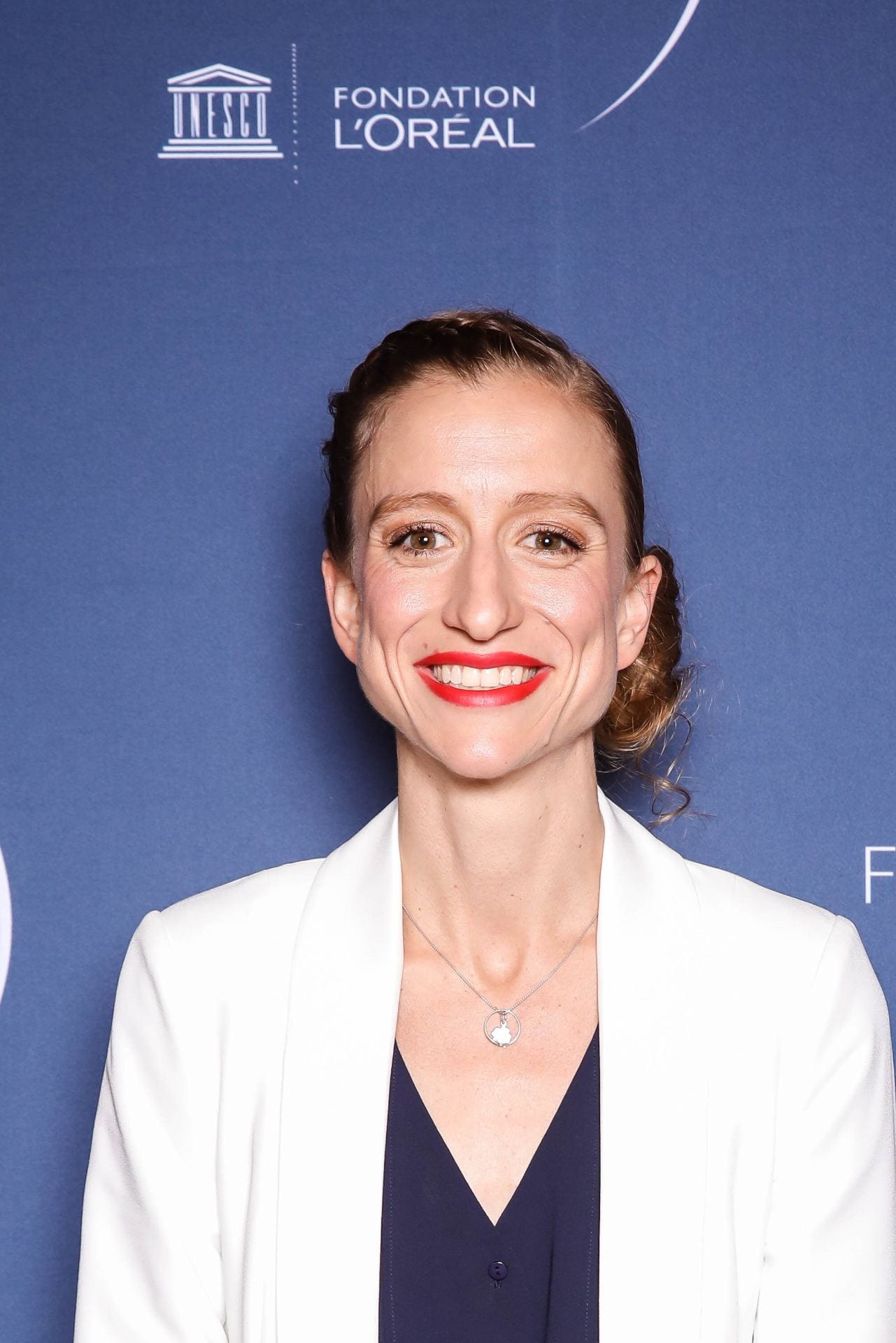 Dr Kirsty Short
Dr Kirsty ShortDr. Kirsty Short is an ARC DECRA research fellow and head of the viral pathogenesis lab at the School of Chemistry and Molecular Biosciences, The University of Queensland. Dr. Short and her group focus on the pathogenesis of emerging viral infections and the role of chronic metabolic conditions (namely diabetes and obesity) in severe viral infections. Recently, their group has began work with SARS-CoV-2 with a particular focus on the development of novel therapies and reducing disease severity in patients living with diabetes.
 Professor Helen Skouteris
Professor Helen SkouterisHelen Skouteris is the Monash Warwick Professor in Health and Social Care Improvement and Implementation Science, at the Monash Centre for Health Research and Implementation, School of Public Health and Preventive Medicine, Monash University.
As a Developmental Psychologist, Public Health and Implementation Science expert, Skouteris works strategically with health, community service and early childhood education organisations across Australia to foster sector health and social care improvement that translates to better outcomes for children, young people, and families, especially for our most vulnerable and disadvantaged Australians. She is the Director of the newly funded NHMRC Centre of Research Excellence in Health in Preconception and Pregnancy.
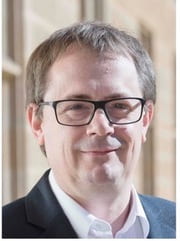 Professor Marc Stears
Professor Marc StearsProfessor Marc Stears, Director of the Sydney Policy Lab at the University of Sydney, has an international reputation as one of the leading scholars of democratic change and social movements. Prior to arriving in Sydney in 2018, Marc had been Professor of Political Theory at the University of Oxford and Chief Executive of the New Economics Foundation, one of the UK’s largest think tanks. Marc has also worked extensively with nongovernment organisations, government and commercial corporations, in almost every continent, conducting research on social engagement, inequality, influence, power and co-operation, and advising on strategic communication, democratic inclusion and community engagement. He has personally coached members of the Boards and Executive Committees of some of the world’s largest companies, including Shell, GlaxoSmithKline and Linklaters, as well as a number of social change leaders and politicians. Marc has published six books with the world’s leading academic presses and his new work, Out of the Ordinary: How Everyday Life Once Inspired a Nation and How it Can Again will be published by Harvard University Press later this year.
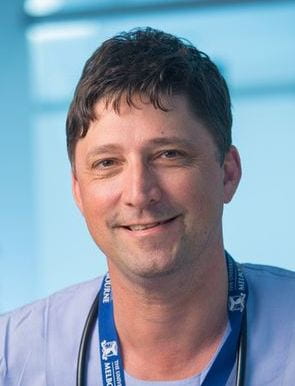 Professor David Story
Professor David StoryProfessor David Story is Foundation Chair of Anaesthesia at the University of Melbourne; and Deputy Director of the Centre for Integrated Critical Care (CICC). He is also Associate Director of the Melbourne Melbourne Academic Centre for Health (MACH). David is a member of the College of Anaesthetists (ANZCA) Clinical Trials Network, Research Committee, Safety and Quality Committee, and ANZCA Council. He is a member of the Victorian Perioperative Consultative Council within Safer Care Victoria. His main research interest is clinically and cost-effective approaches to reduce perioperative risk, complications, disability, and mortality. His clinical work involves perioperative care for most surgical specialties including liver transplantation.
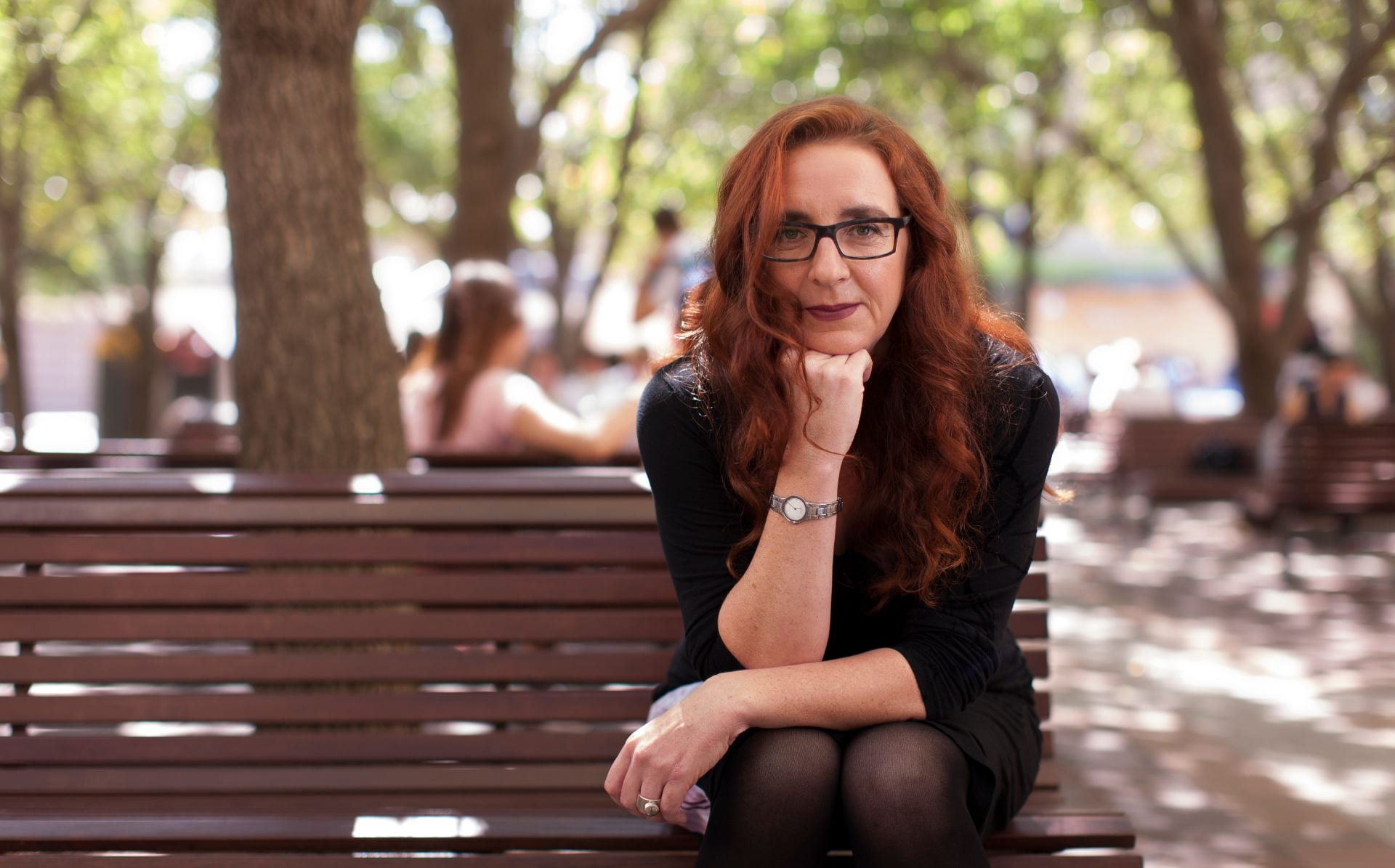 Professor Carla Treloar
Professor Carla TreloarCarla has expertise in social research in public health. Her work crosses disciplines of health psychology, sociology, public health and health services research with a focus on vulnerable populations and stigma. She has been a member of more than 50 advisory committees for government, health agencies and non-government organisations and is committed to the effective translation of research into policy and practice and to ethical and respectful conduct of research in close collaboration with affected communities. She is Director of two research centres (Centre for Social Research in Health; Social Policy Research Centre) and a member of the Academic of Social Sciences in Australia.
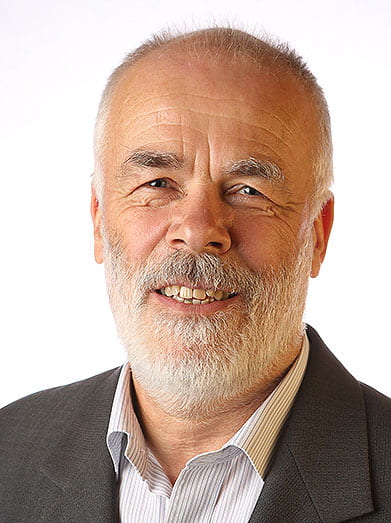 Professor Tim Usherwood
Professor Tim UsherwoodTim Usherwood is Professor of General Practice at the University of Sydney; Head of the University’s Westmead Clinical School; and, Honorary Professorial Fellow at the George Institute for Global Health. He worked for 20 years as a general practitioner in community-controlled Aboriginal health. Professor Usherwood is Chair of the General Practice and Primary Care Committee of the MBS Review, and Deputy Chair of Western Sydney PHN. His research focuses on the development and evaluation of interventions to improve health outcomes in primary care, with a particular focus on access to care and chronic disease.
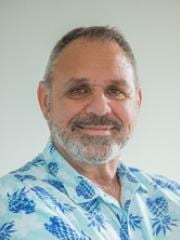 Professor James Ward
Professor James WardProfessor James Ward is a Pitjantjatjara and Narungga man, and a national leader in Aboriginal and Torres Strait Islander research. He is currently the Director of the Poche Centre for Indigenous Health and Professor within the School of Public Health at the University of Queensland. James has a long history working in Aboriginal communities, having held various roles in Aboriginal public health policy for both government and non-government organisations, in 2007 he was appointed as the Inaugural Program Head of the Aboriginal Program at the Kirby Institute, University of New South Wales. In 2012 he moved to Alice Springs to become Deputy Director of the Baker Institutes’ Aboriginal Health Program, after which he joined the South Australian Health and Medical Research Institute. James has been awarded funding applications totalling $23M since 2013; including $7.14M as CIA on NHMRC funded grants and has authored 120 publications. He has led national research projects in infectious diseases.
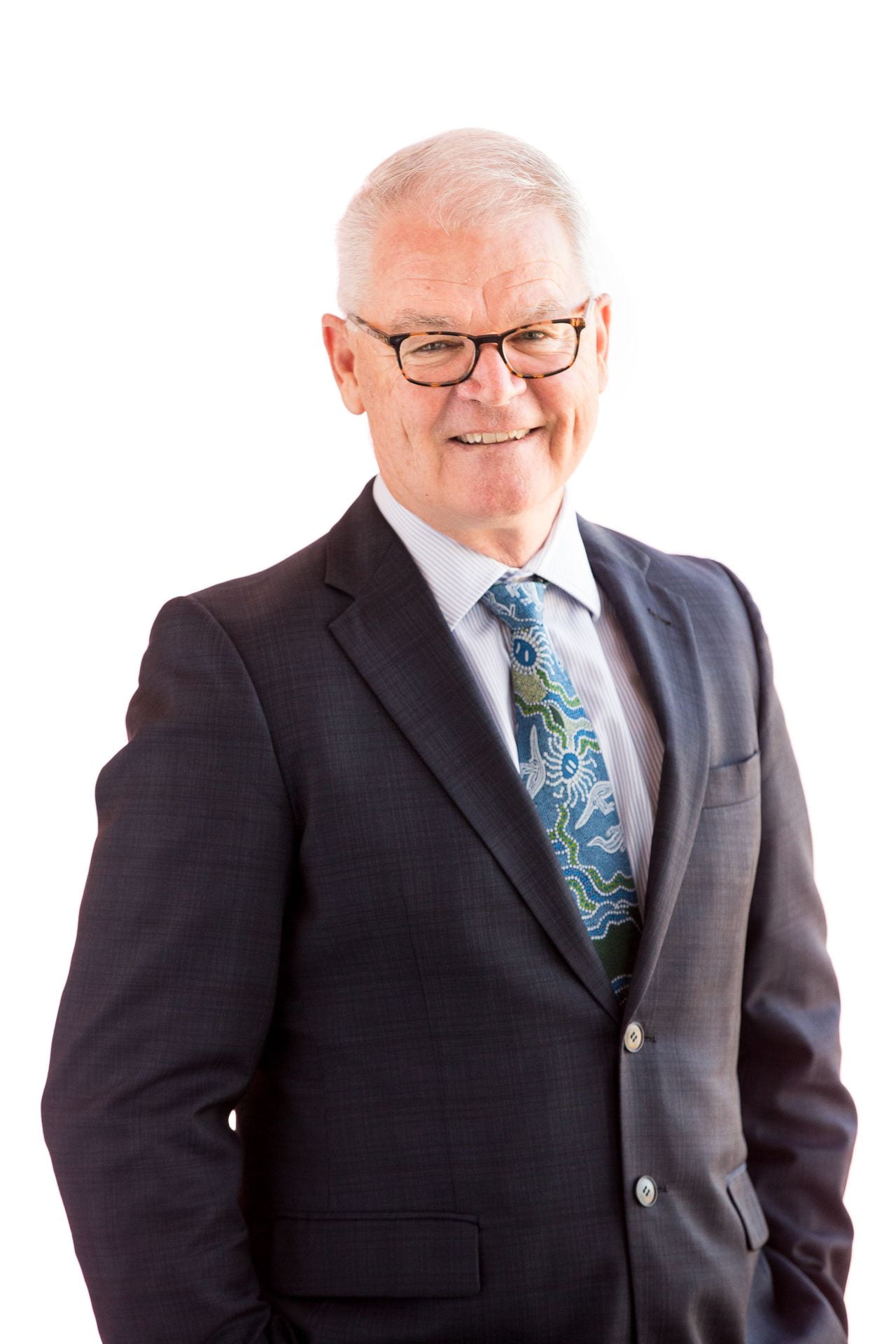 Professor Jim Watterston
Professor Jim WatterstonFrom his first job as a teacher in a rural Indigenous classroom in his home state of Western Australia to his appointment as the Dean of the Melbourne Graduate School of Education at the University of Melbourne, Professor Jim Watterston brings more than 35 years of successful experience across a diverse range of educational roles and sectors.
Jim spent his first ten years in the profession as a teacher before being promoted to the position of principal in a range of primary and secondary schools. He then progressed to the role of Regional Director in WA and Victoria before he was appointed as the Deputy Secretary of the Victorian Education Department, and Director General of both the ACT and, most recently, Queensland Departments of Education and Training.
Jim was awarded a Doctorate in Education at the University of WA in 2004.
In addition to appointments to many educationally related Boards, Professor Watterston has previously served for six years as the National President for the Australian Council for Education Leaders, and is recognised as an influential advocate for the education sector. His contribution to education has been acknowledged both nationally and internationally with awards from a number of professional bodies and educational institutions including the highly prestigious Order of the Palmes Académiques (Chevalier) by the French Government in 2014 for a distinguished contribution to education.
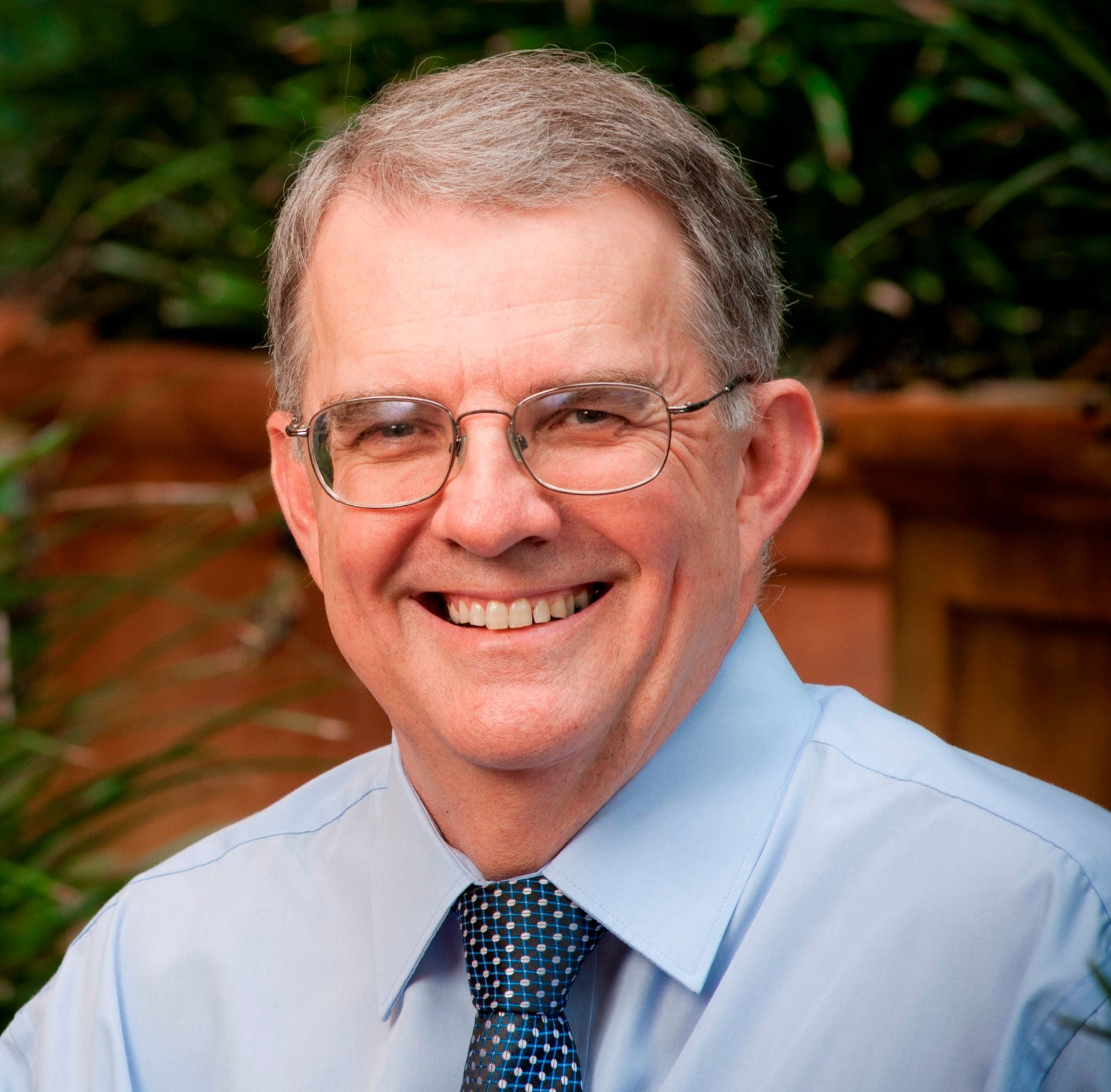 Professor Harvey Whiteford
Professor Harvey WhitefordHarvey Whiteford is Professor of Population Mental Health at the University of Queensland and Affiliate Professor of Global Health at the Institute of Health Metrics and Evaluation, University of Washington, Seattle.
Dr Whiteford trained in medicine, psychiatry and public health and has served as Director of Mental Health in the Queensland and Federal governments in Australia and as the mental health specialist at the World Bank in Washington DC. His research teams are responsible for modelling the global burden of mental disorders, and the reform of mental health services. He is an Associate Commissioner on the Productivity Commission mental health inquiry.
 Professor Peter Whiteford
Professor Peter WhitefordProfessor Peter Whiteford works at the Crawford School of Public Policy, Australian National University. He is a Fellow of the Tax and Transfer Policy Institute in the School. He has previously worked at the UNSW, the University of York, and the OECD, as well as for the Australian Government. In 2008, he was appointed to the Reference Group for the Harmer Review of the Australian pension system. He has published extensively on international comparisons of social security policies, inequality and redistribution. In 2018 he was elected as a Fellow of the Academy of Social Sciences in Australia.
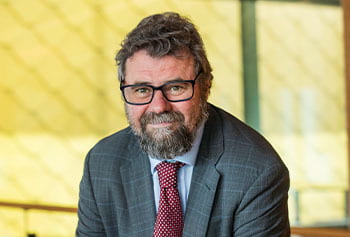 Professor Simon Wilkie
Professor Simon WilkieProfessor Simon Wilkie’s career spans a remarkable array of roles that extend beyond the higher education sphere and include appointments as Chief Economic Policy Strategist at Microsoft Corporation and Chief Economist with the US Federal Communications Commission.In 2019, Professor Wilkie joined Monash Business School from the University of Southern California (USC), where he was Professor of Economics in the Department of Economics and Professor of Economics, Communication and Law in the USC Gould School of Law. He was previously head of USC’s Department of Economics and the USC Center for Communication Law and Policy.
Prof Wilkie has a PhD and MA in Economics from the University of Rochester, and a BComm (Hons) with first-class honours in Economics from the University of New South Wales.
His research has particularly focused on game theory, its application to business strategy, economic and regulatory policy design, and the economics of the communications industries.
With an exceptional record for advancing multi-disciplinary collaborative researchand leveraging its potential to transform policy and create lasting impact, he is widely published on the subjects of spectrum auctions, game theory and telecommunications regulation in leading scholarly journals.
He is a member of the editorial board of the International Journal of Communication and a former member of the editorial board of the Journal of Public Economic Theory.
 Associate Professor James Wood
Associate Professor James WoodA/Prof James Wood is an infectious disease modeller with a PhD background in mathematical physics who works on analysis of interventions for pandemic responses, vaccine preventable diseases such as pertussis and sexually transmitted infections such as gonorrhoea through NHMRC funded projects. After a postdoc at the National Centre for Immunisation Research & Surveillance, he joined UNSW in 2008. He contributed to national pandemic planning from 2005-10, including modelling vaccine roll-out in response to pH1N12009. He is currently involved in modelling coronavirus responses as part of national team and liaising with the NSW Ministry around specific jurisdictional questions.
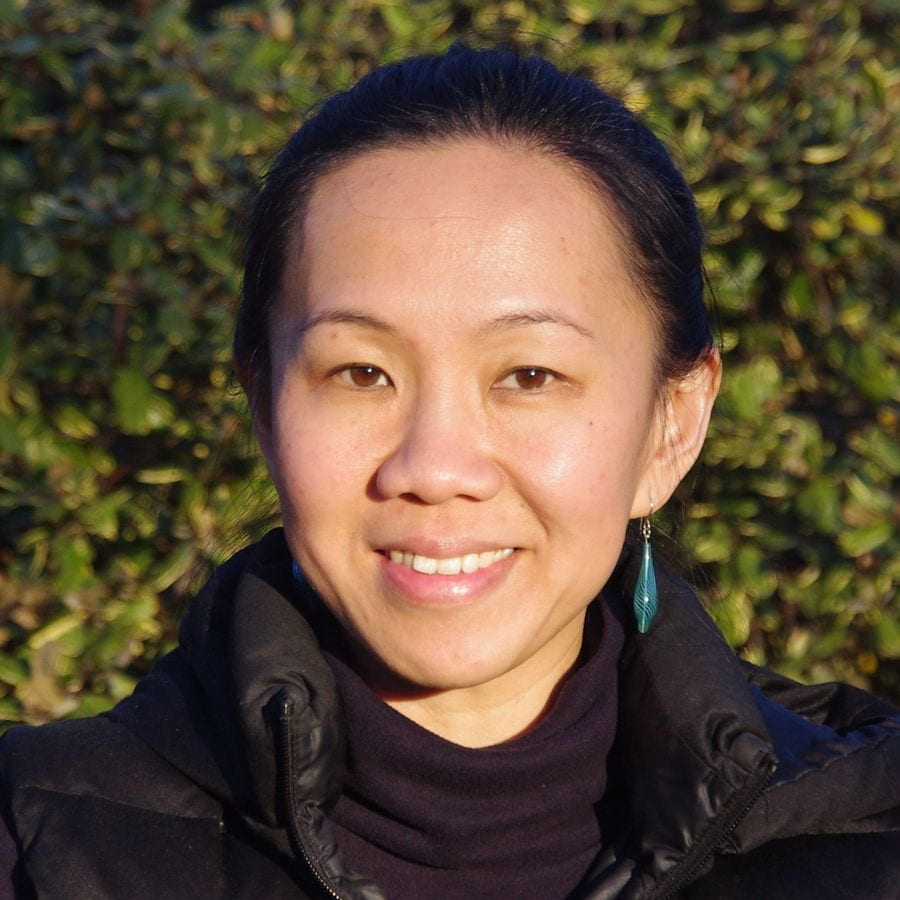 Dr Mandy Yap
Dr Mandy YapMandy Yap is Fellow at the Centre for Aboriginal Economic Policy Research (CAEPR). Between 2017-2019, she was part of a team at the Australian National University’s Crawford School of Public Policy working on the Individual Deprivation Measure (IDM), a gender sensitive measures individual deprivation. Prior to joining the ANU, she worked at the National Centre for Social and Economic Modelling (NATSEM). Since 2013, Mandy has worked in partnership with the Yawuru community in Broome to develop culturally-relevant indicators of Indigenous wellbeing. Mandy has collaborated with colleagues in Australia and internationally on projects such as ‘Data sovereignty for Indigenous peoples’ and ‘Indigenous peoples and the Sustainable Development Goals’.